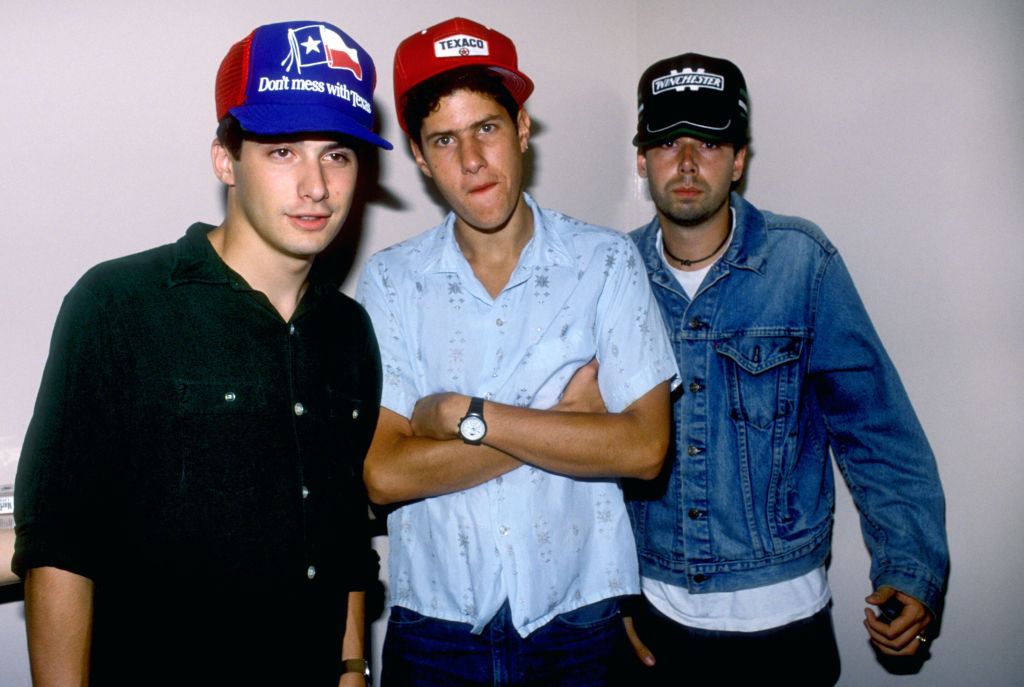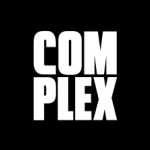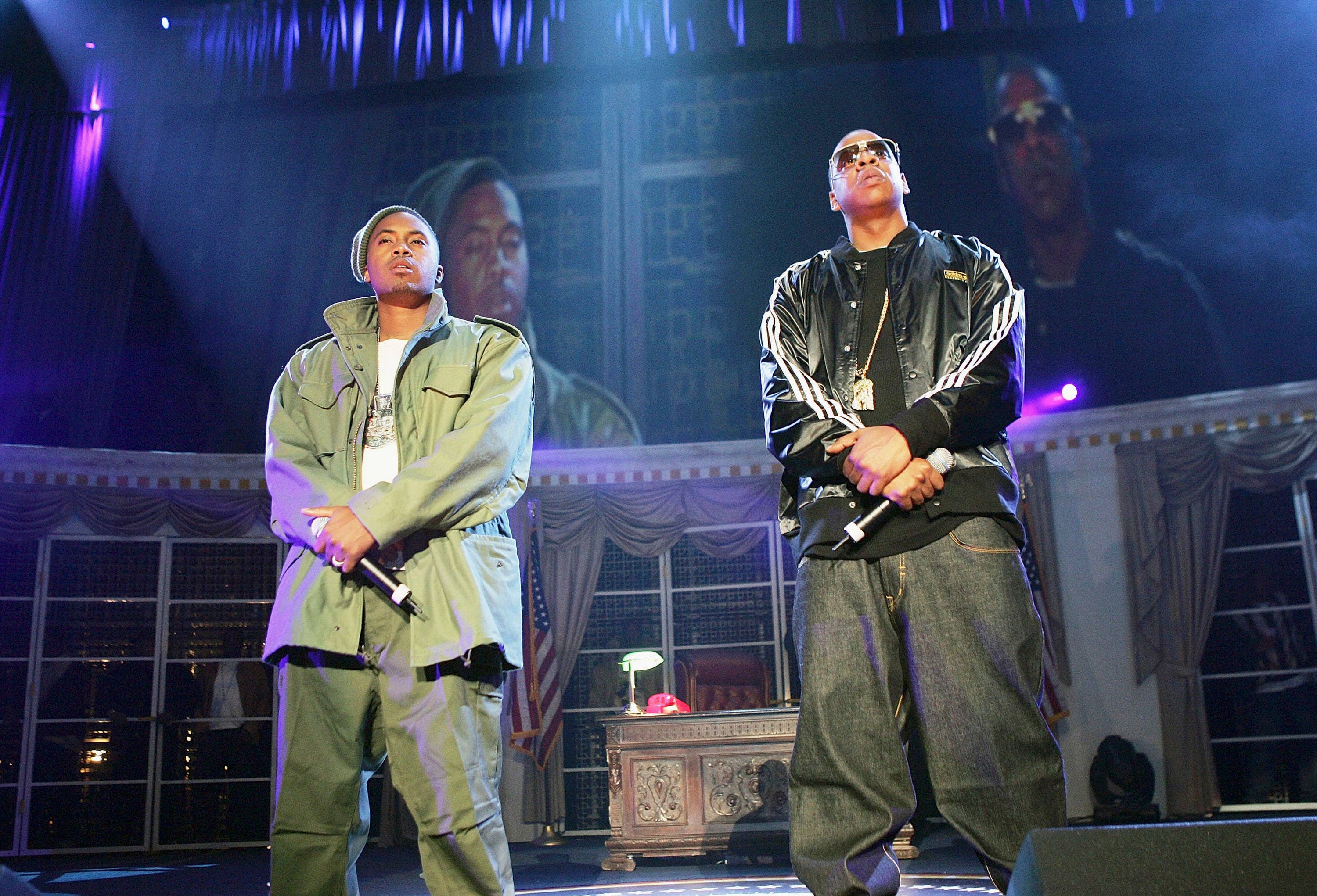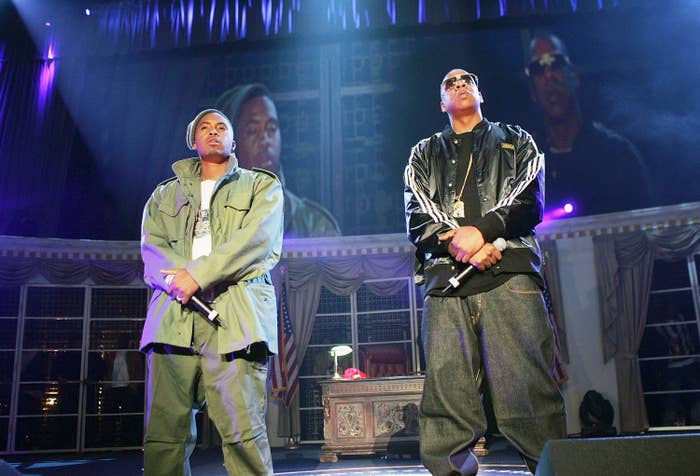
In late 1996 and early 1997, the most impactful hip-hop feud of all-time ended in a double dose of tragedy: Tupac Shakur was murdered in Las Vegas, and The Notorious B.I.G. was gunned down in Los Angeles. Every significant rap beef since has been measured against that bloody, bi-coastal dispute. Some have ended on similar terms; many more have been resolved peacefully.
Comparing every fight between rappers to the beef between Pac and Big does a disservice to the genre and the artists that shape it. Rap is not inherently violent, and rappers' disagreements are born from a variety of causes: failed business relationships; geographical alliances; romantic entanglements; jealousy; betrayal; loyalty; honor. Some feuds are petty, some are deeply personal. Some end in hope, others haven't ended. Learn more in our list of the 40 Biggest Hip-Hop Feuds of all-time.
Tupac Shakur vs. The Notorious B.I.G.
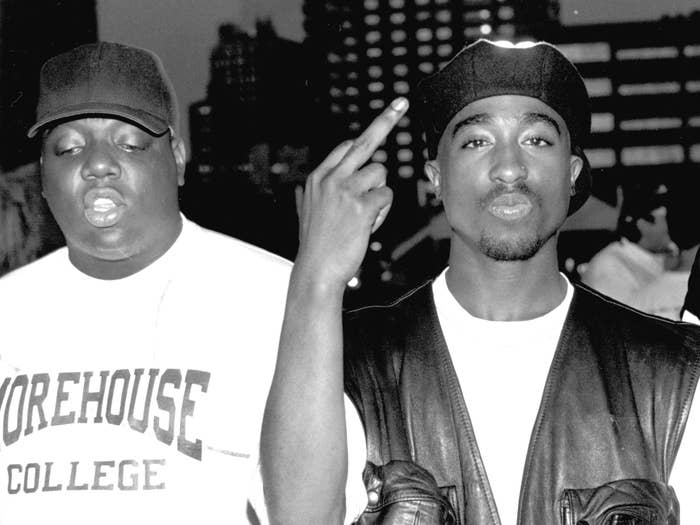
Nas vs. Jay-Z
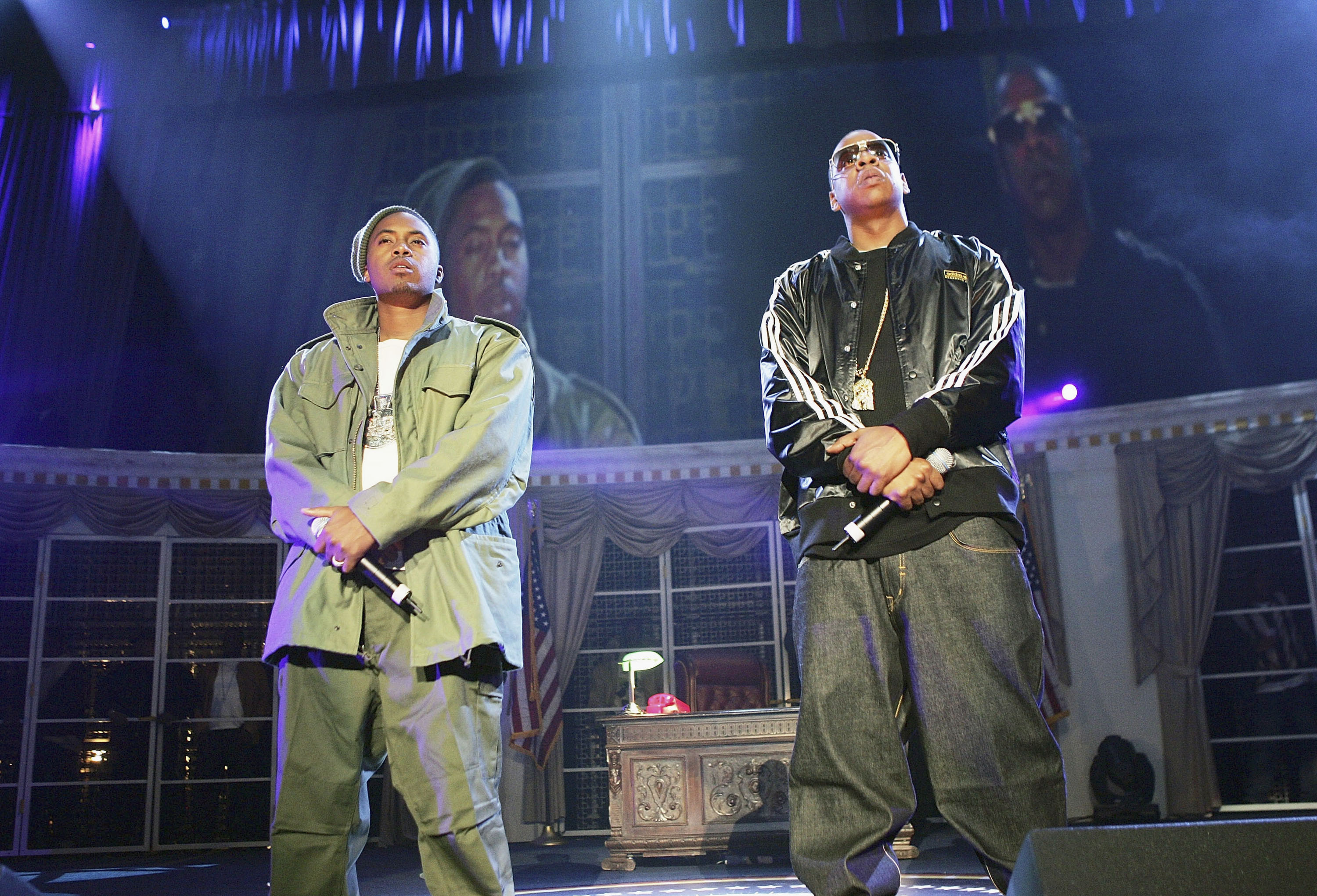
50 Cent vs. Ja Rule
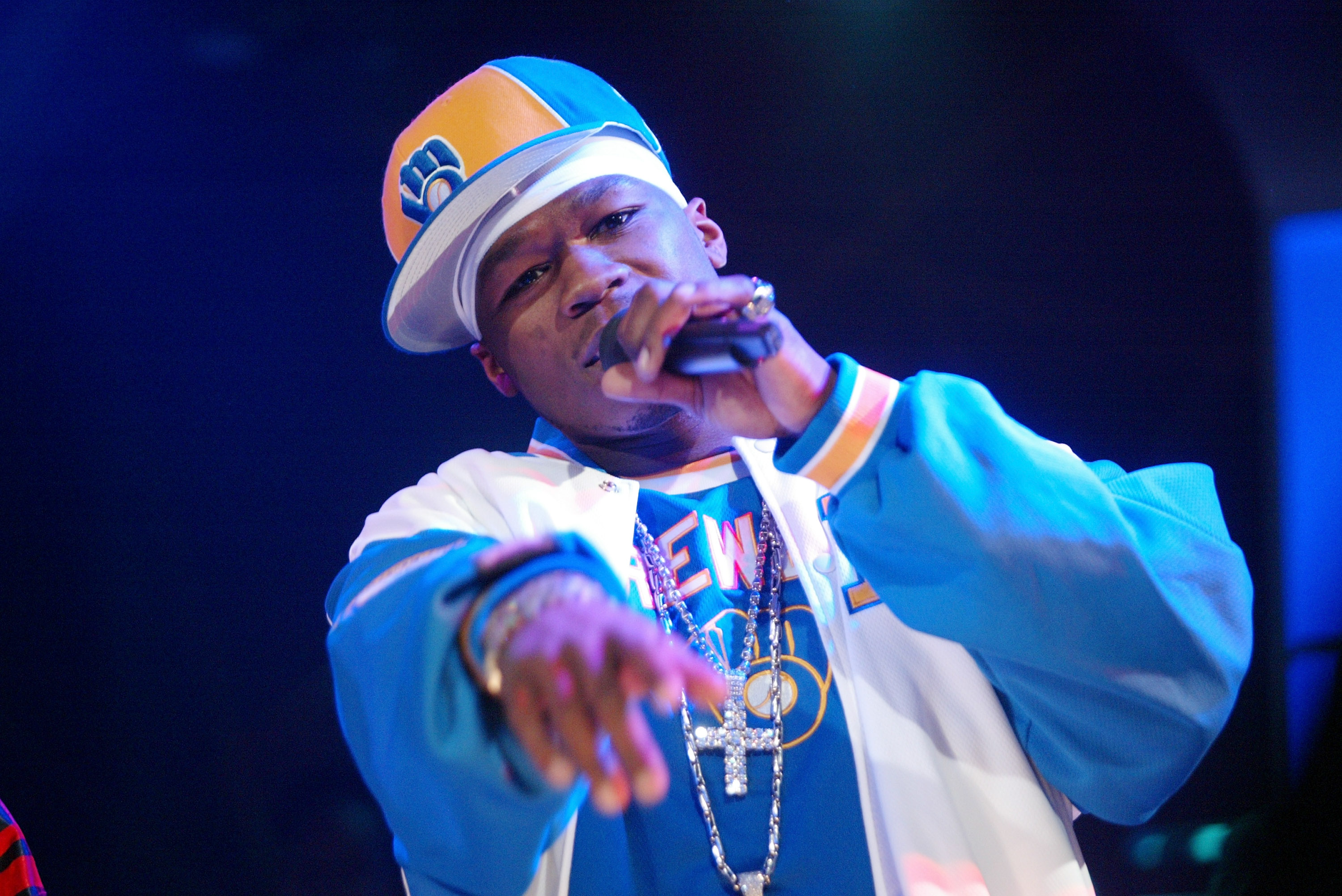
Drake vs. Meek Mill
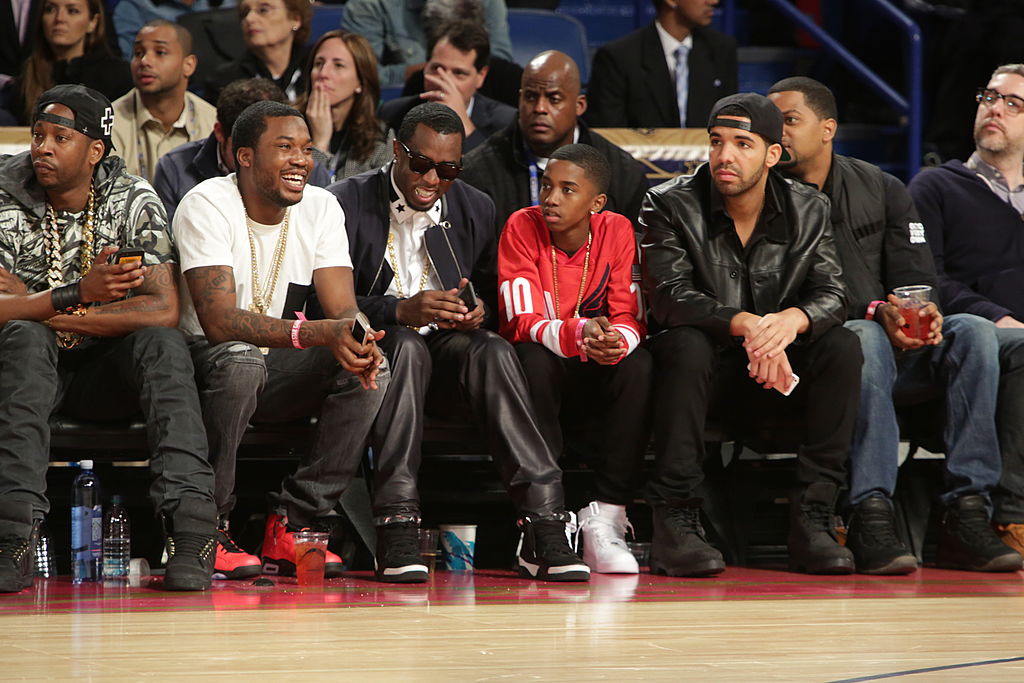
N.W.A. vs. Ice Cube
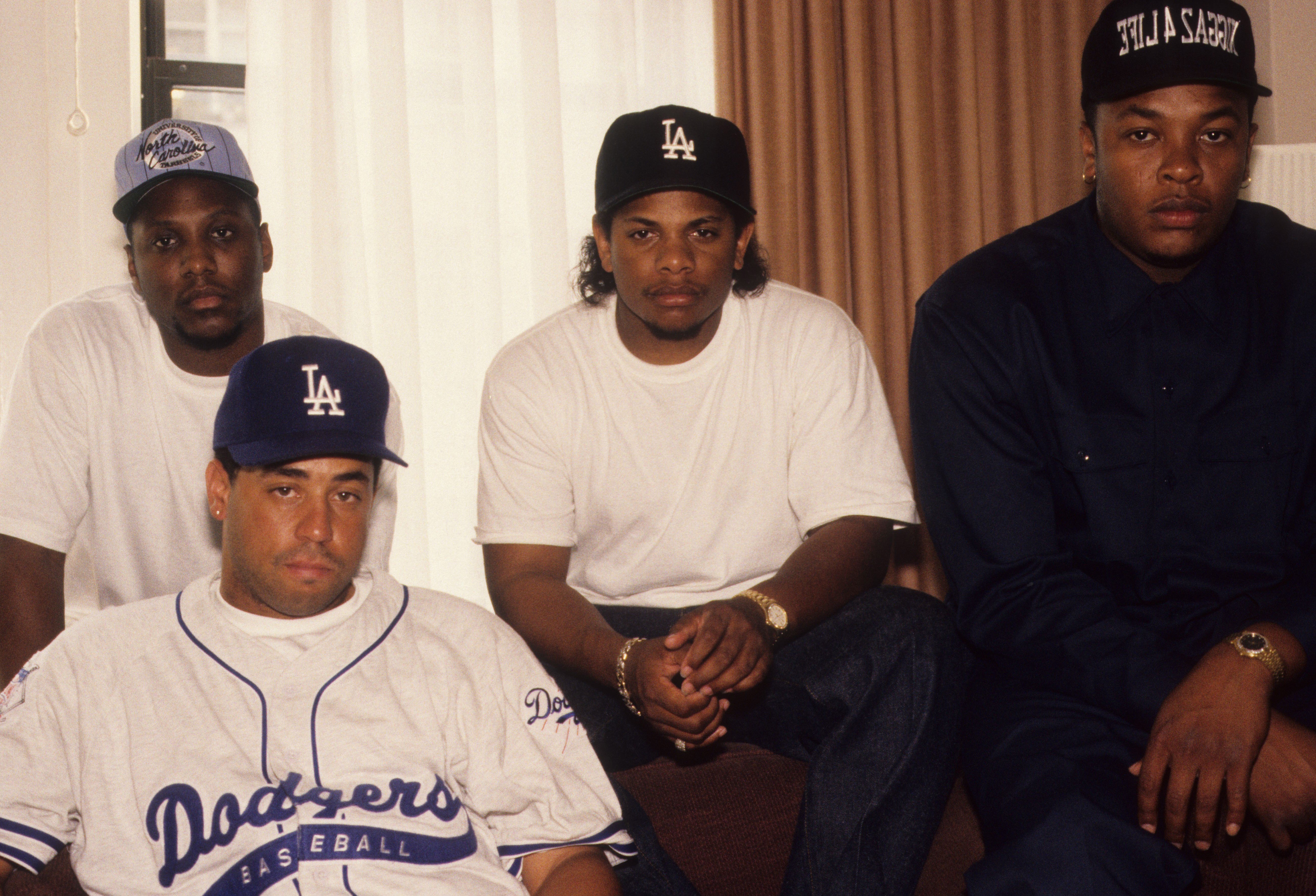
50 Cent vs. The Game
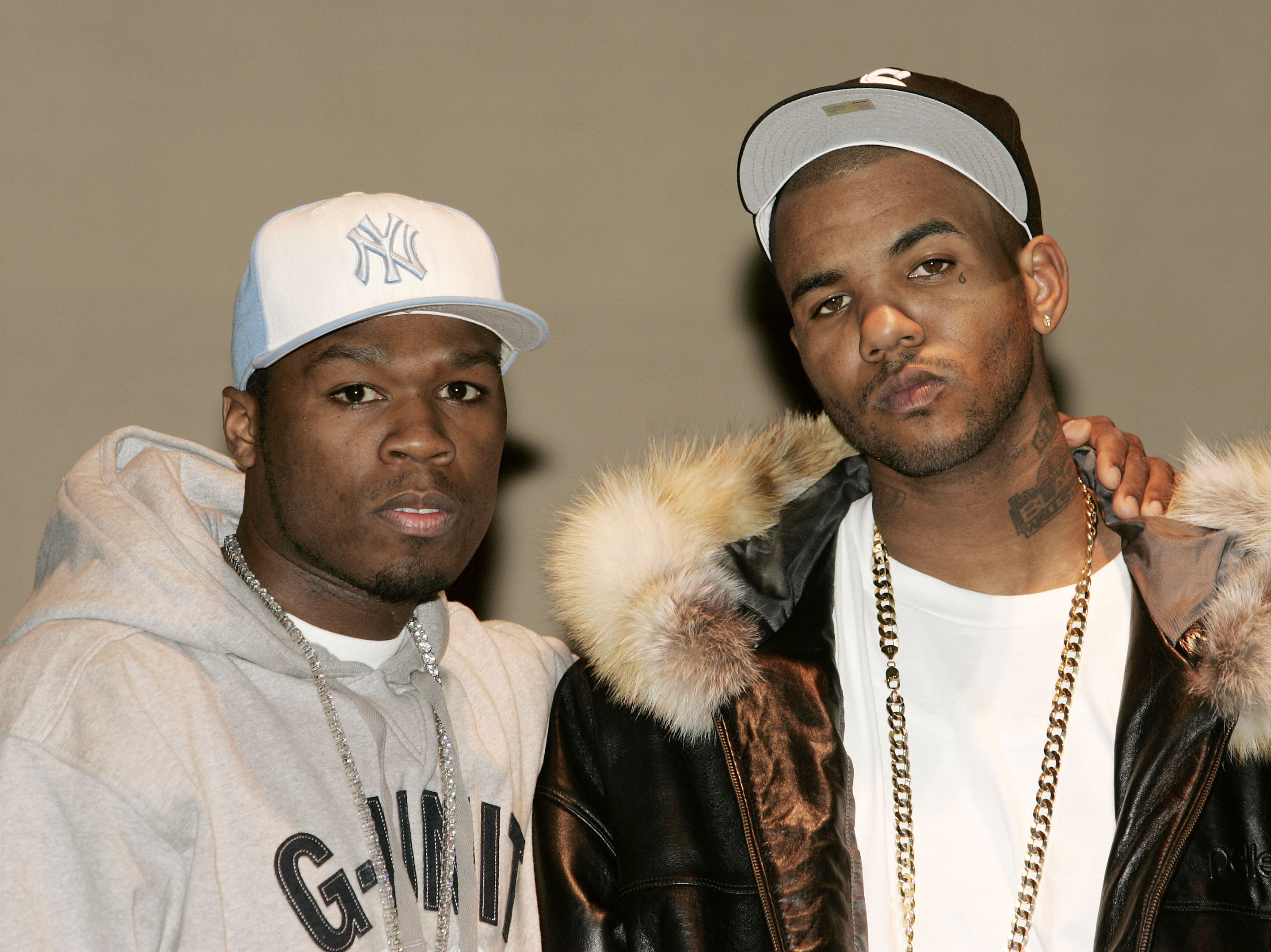
Cardi B vs. Nicki Minaj
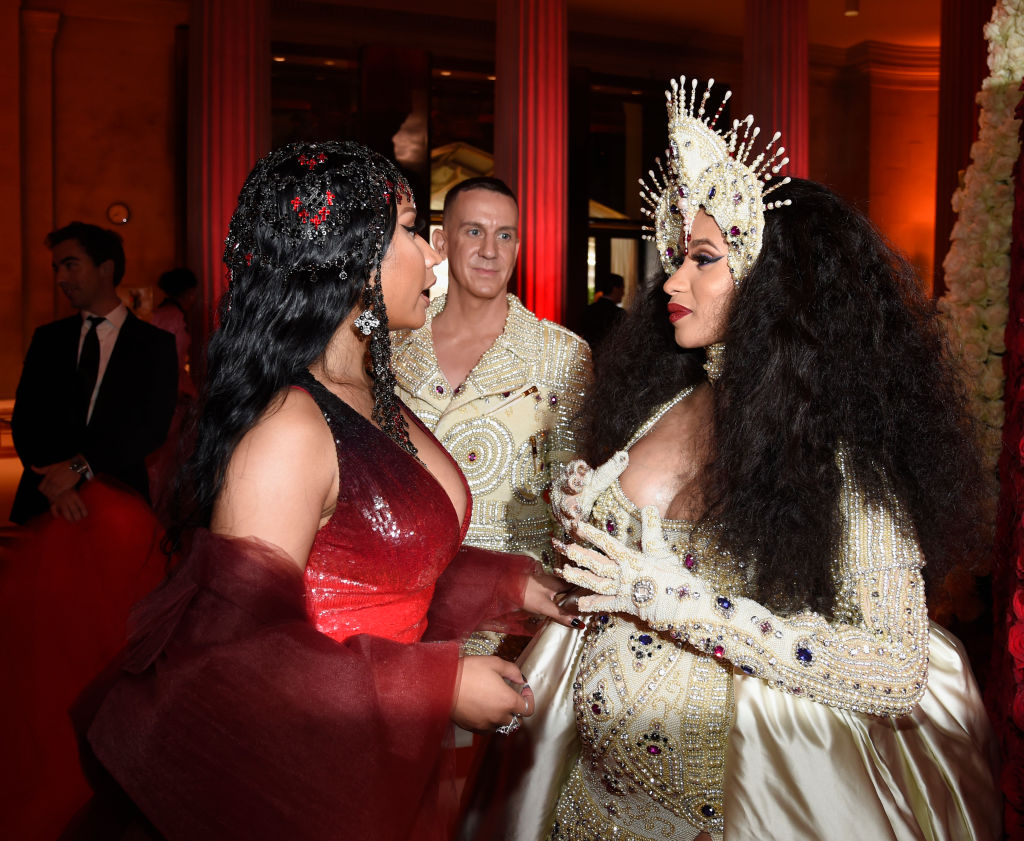
Lil Wayne vs. Birdman
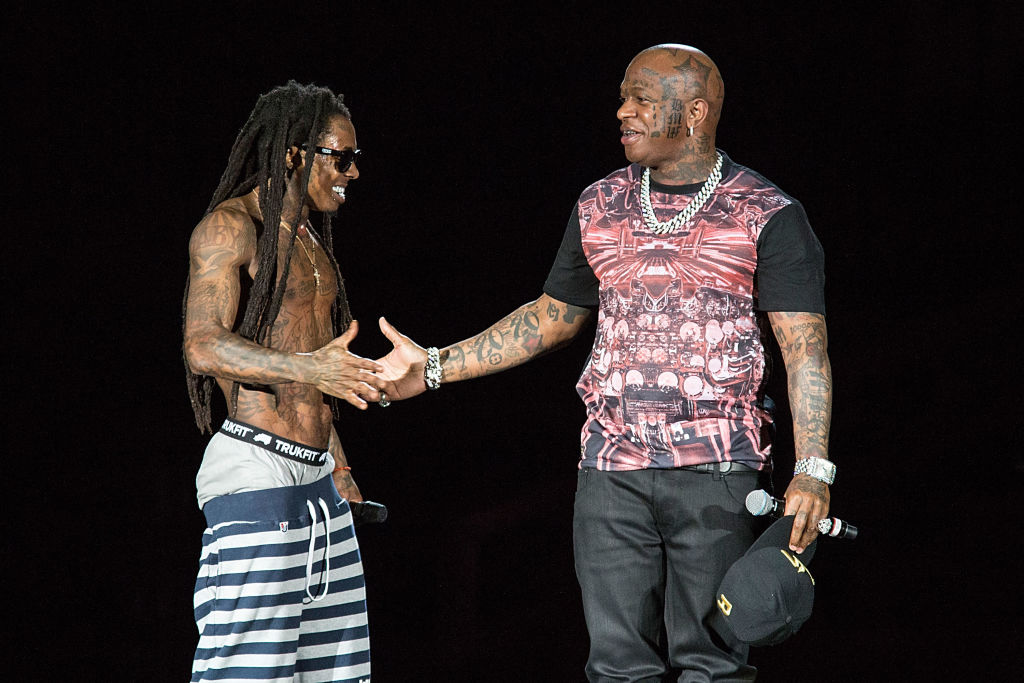
The Roxanne Wars
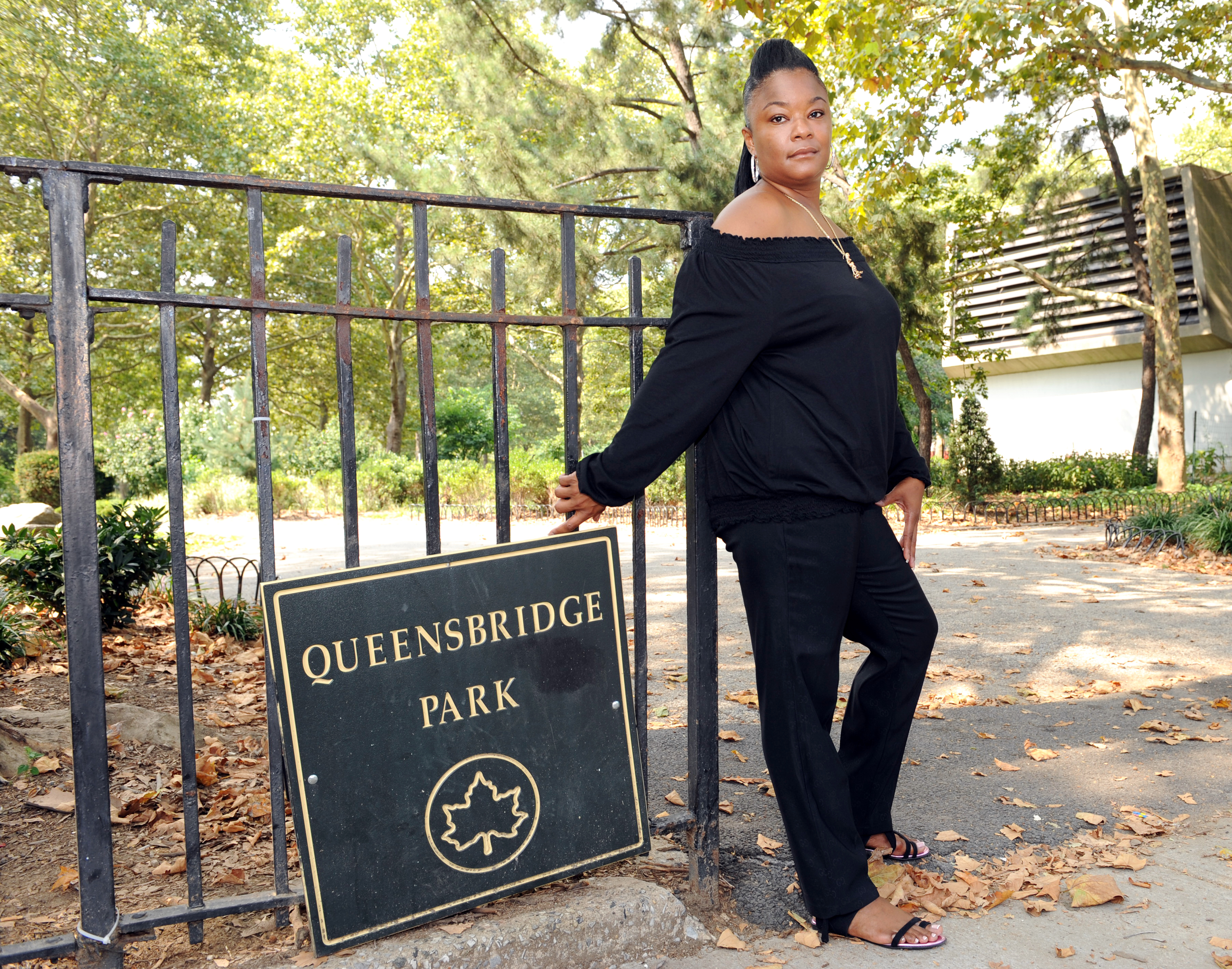
The Bridge Wars
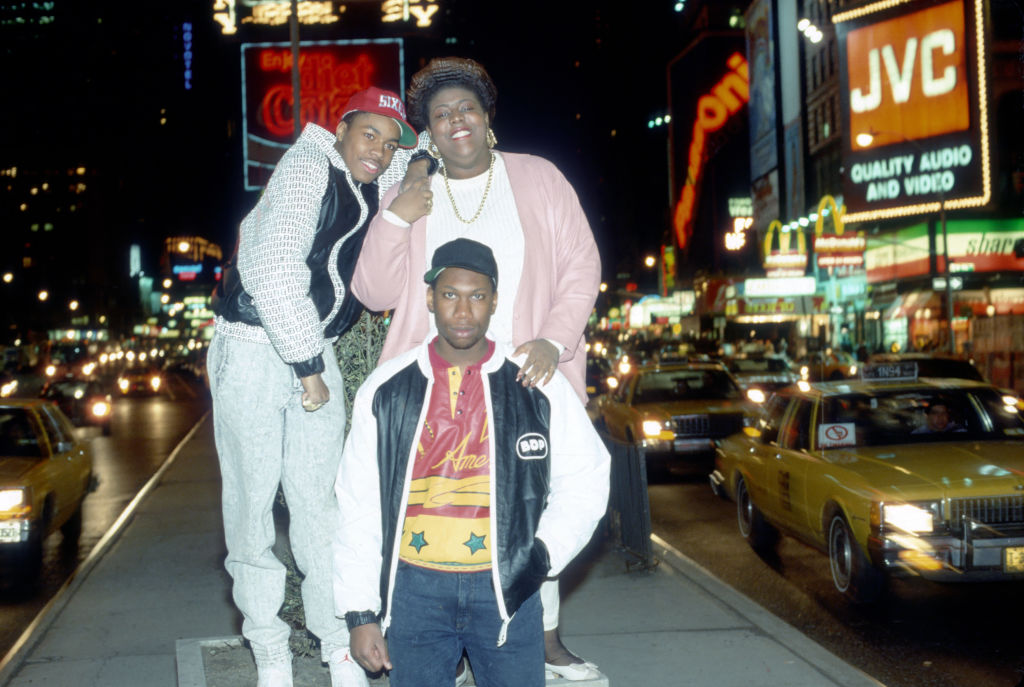
Eminem vs. The Source

Lauryn Hill vs. Wyclef Jean
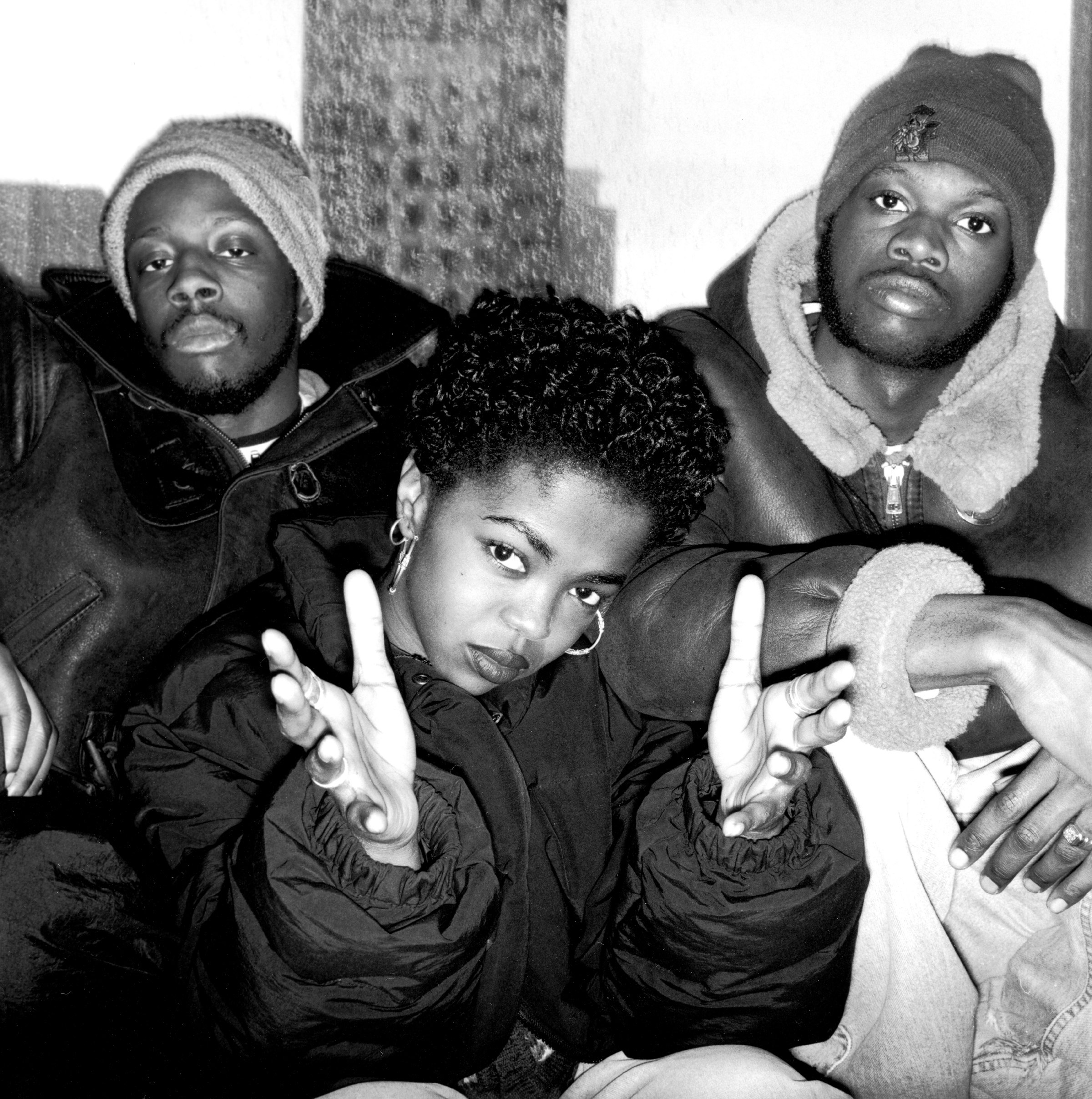
Lil' Kim vs. Foxy Brown
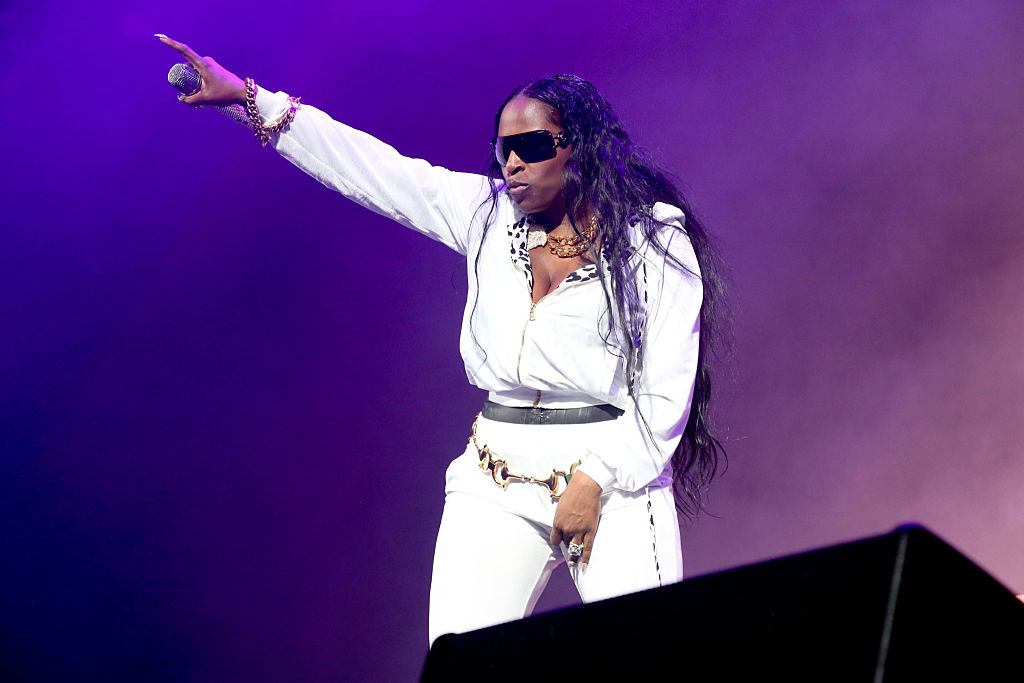
Ice Cube vs. Common
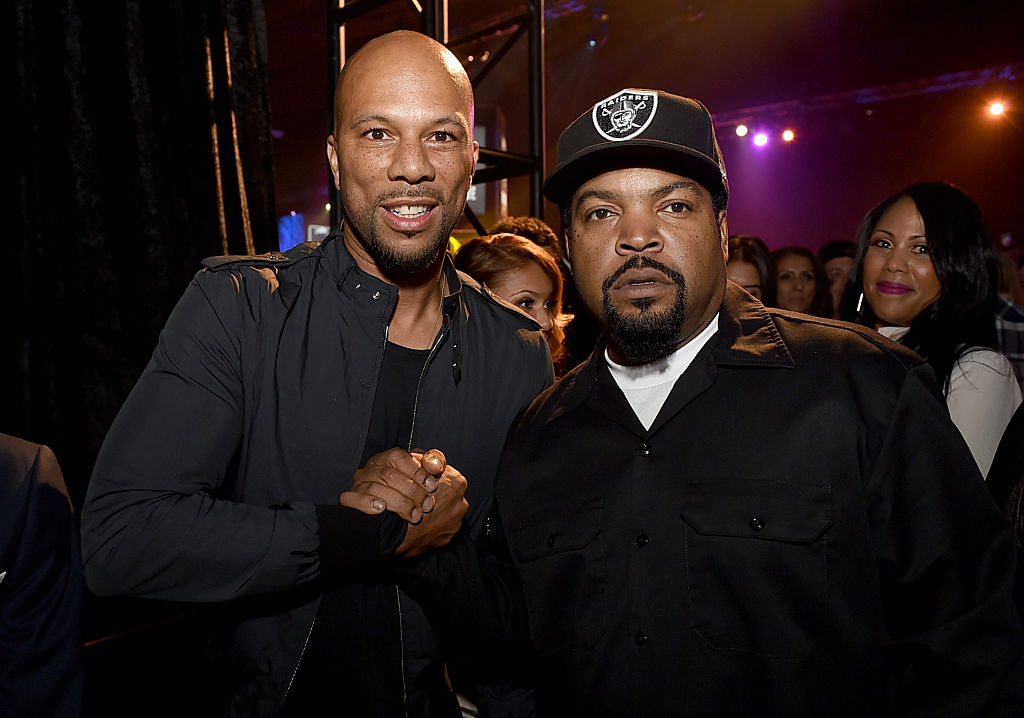
Trippie Redd vs. Tekashi 6ix9ine
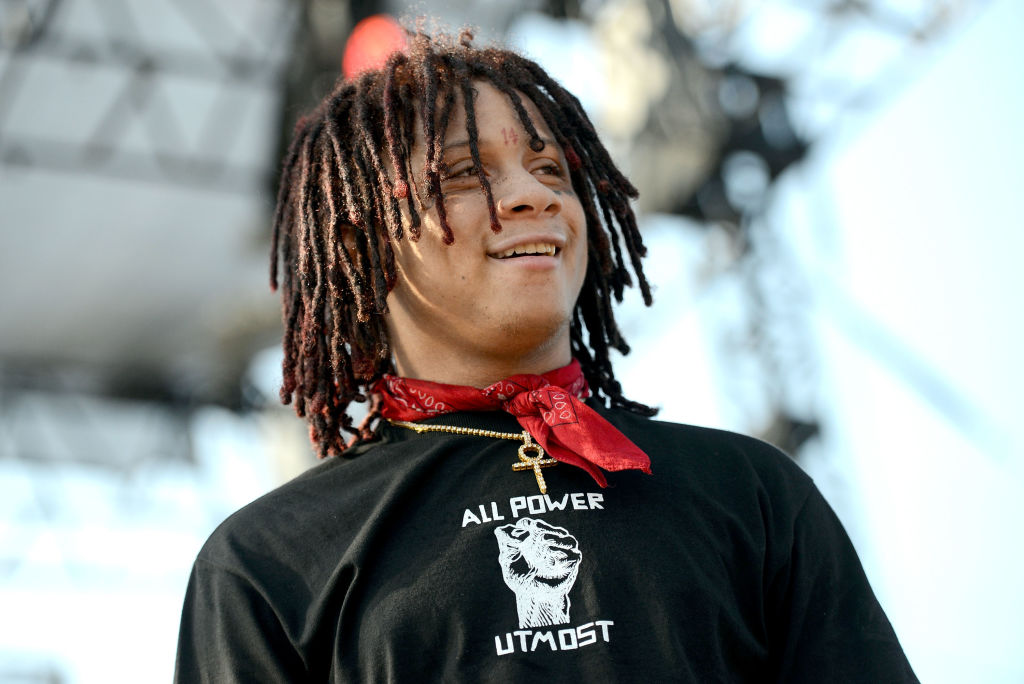
Drake vs. Pusha T
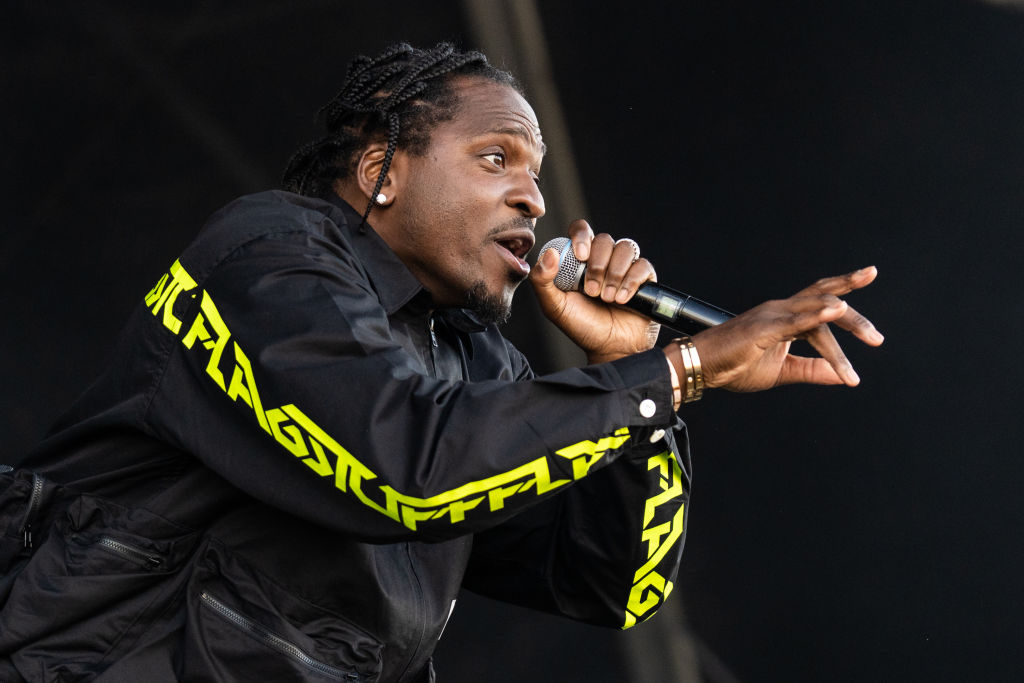
Kool Moe Dee vs. Busy Bee
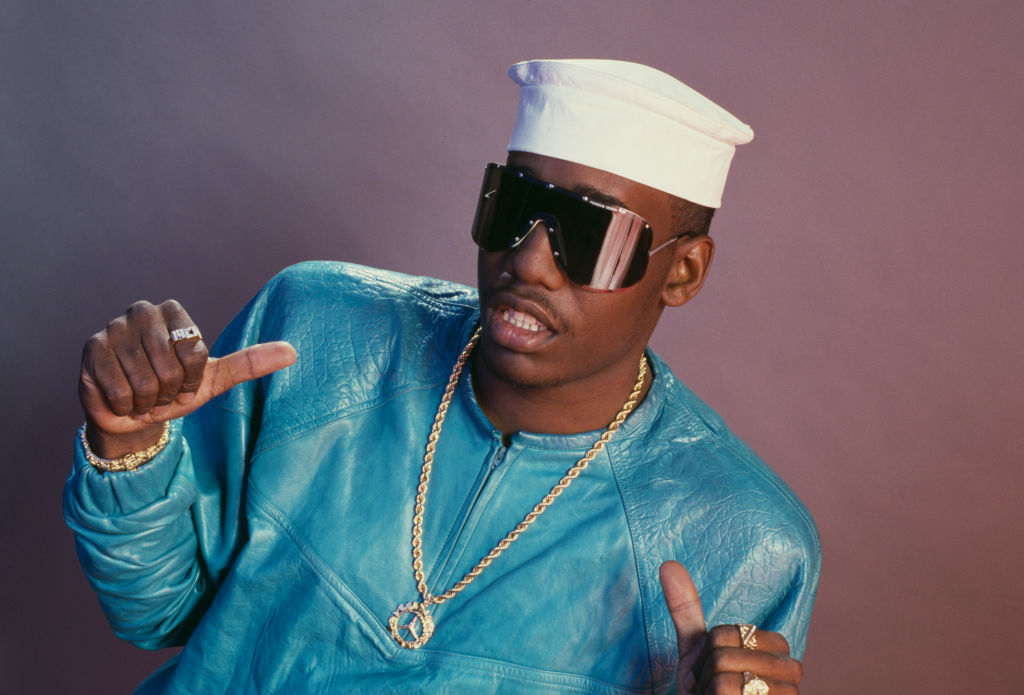
Mase vs. Cam'ron
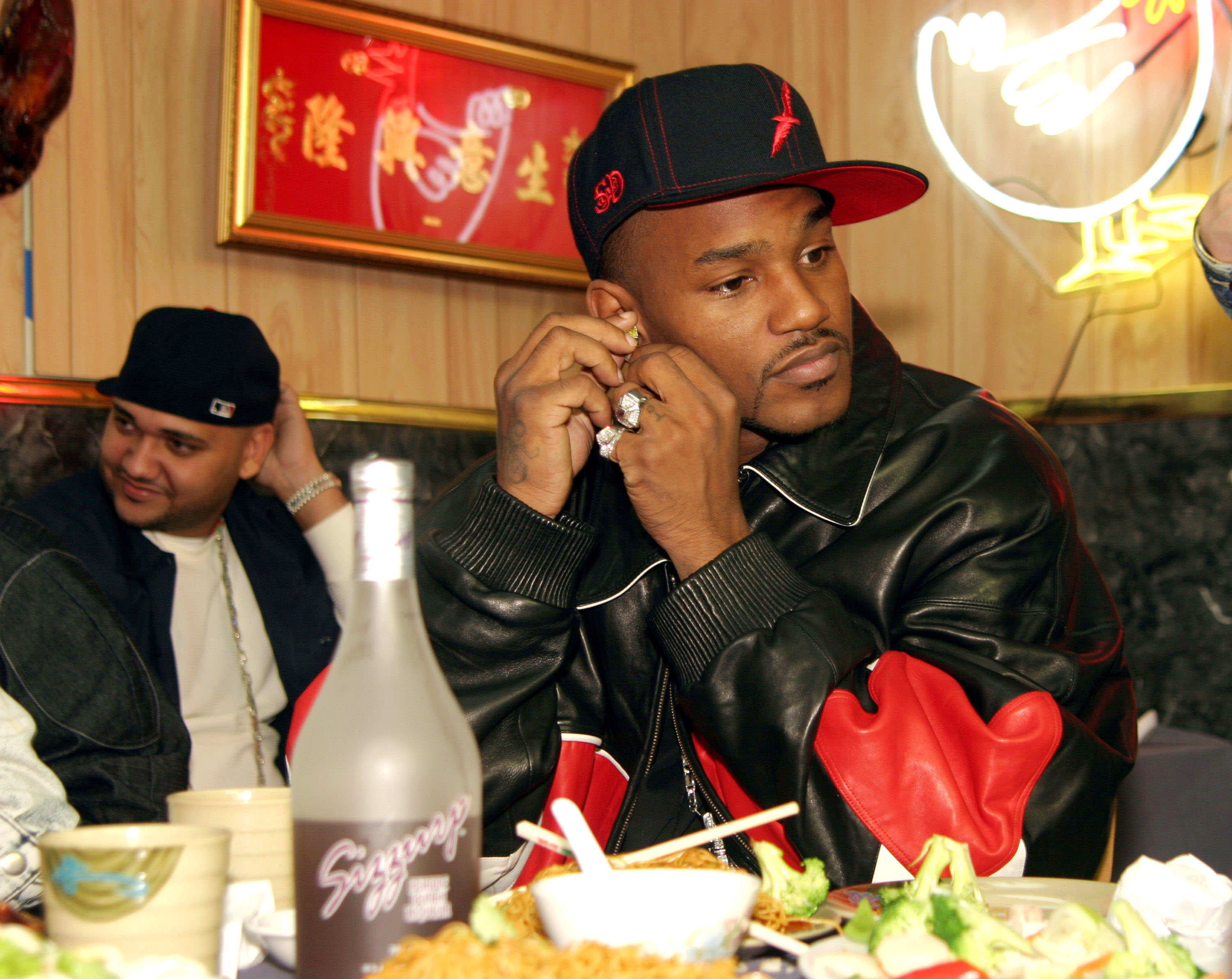
Gucci Mane vs. Young Jeezy
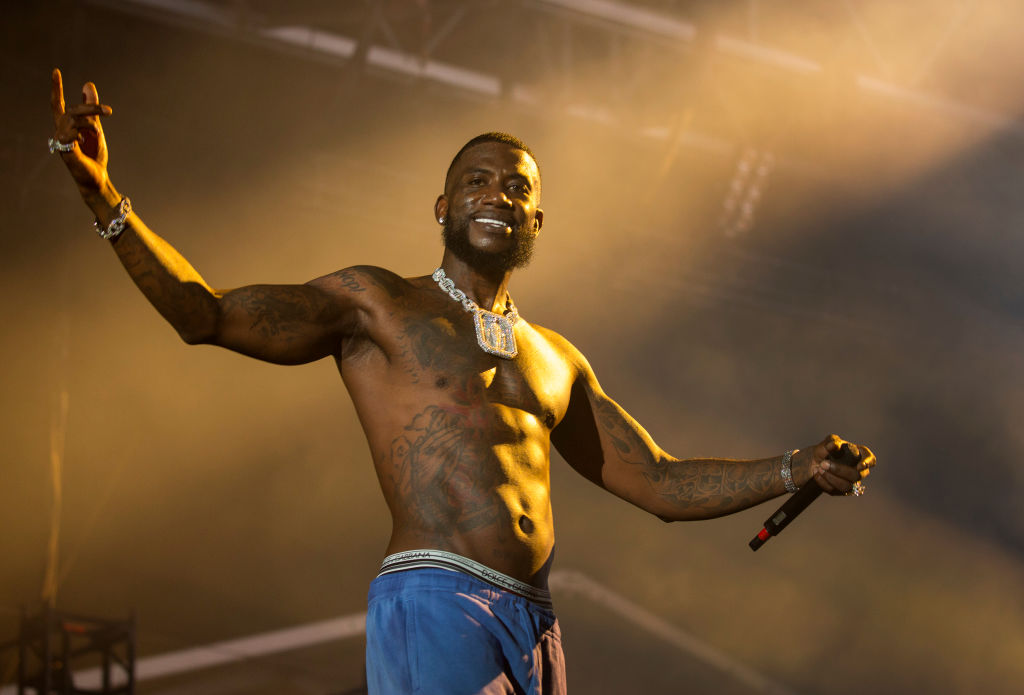
MC Lyte vs. Antoinette
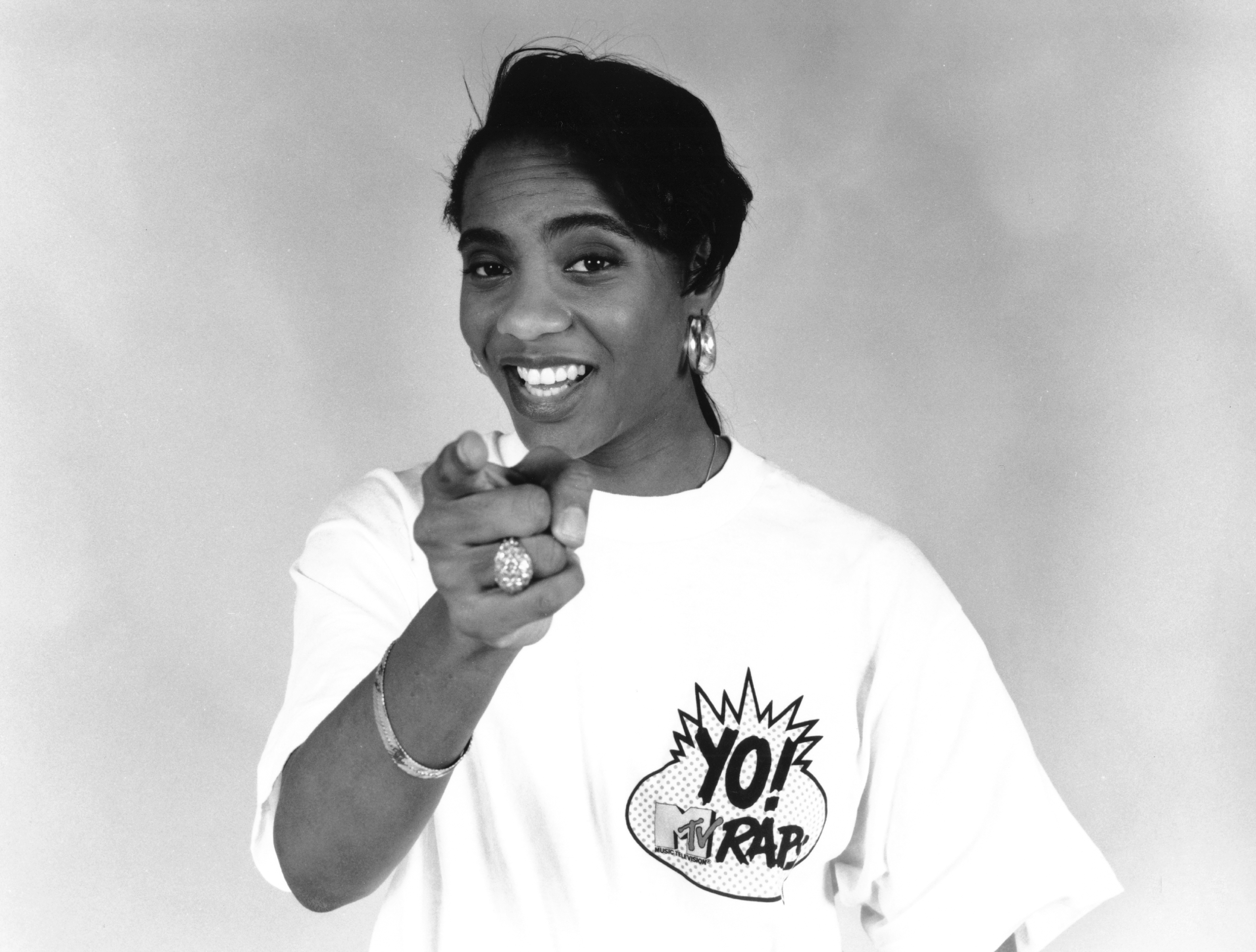
Big Boi vs. Killer Mike
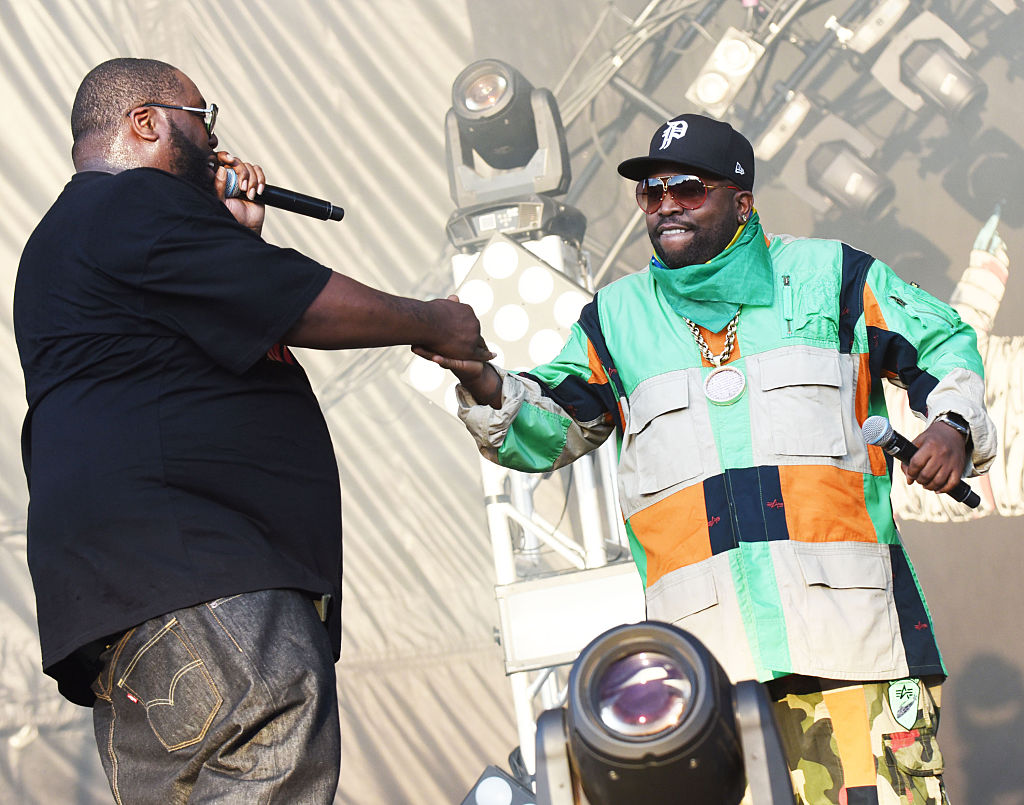
Three 6 Mafia vs. Bone Thugs-N-Harmony
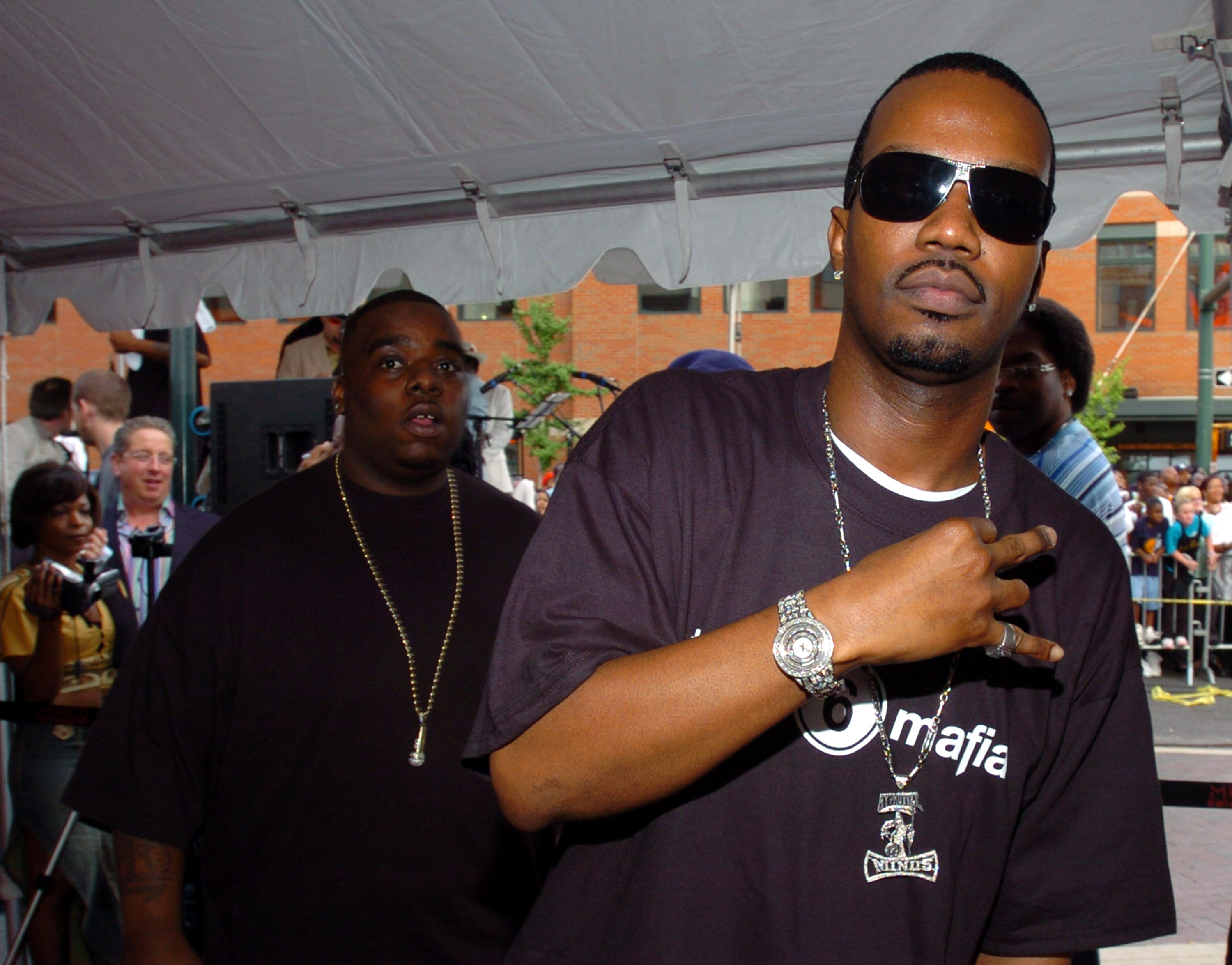
Gucci Mane vs. Waka Flocka Flame
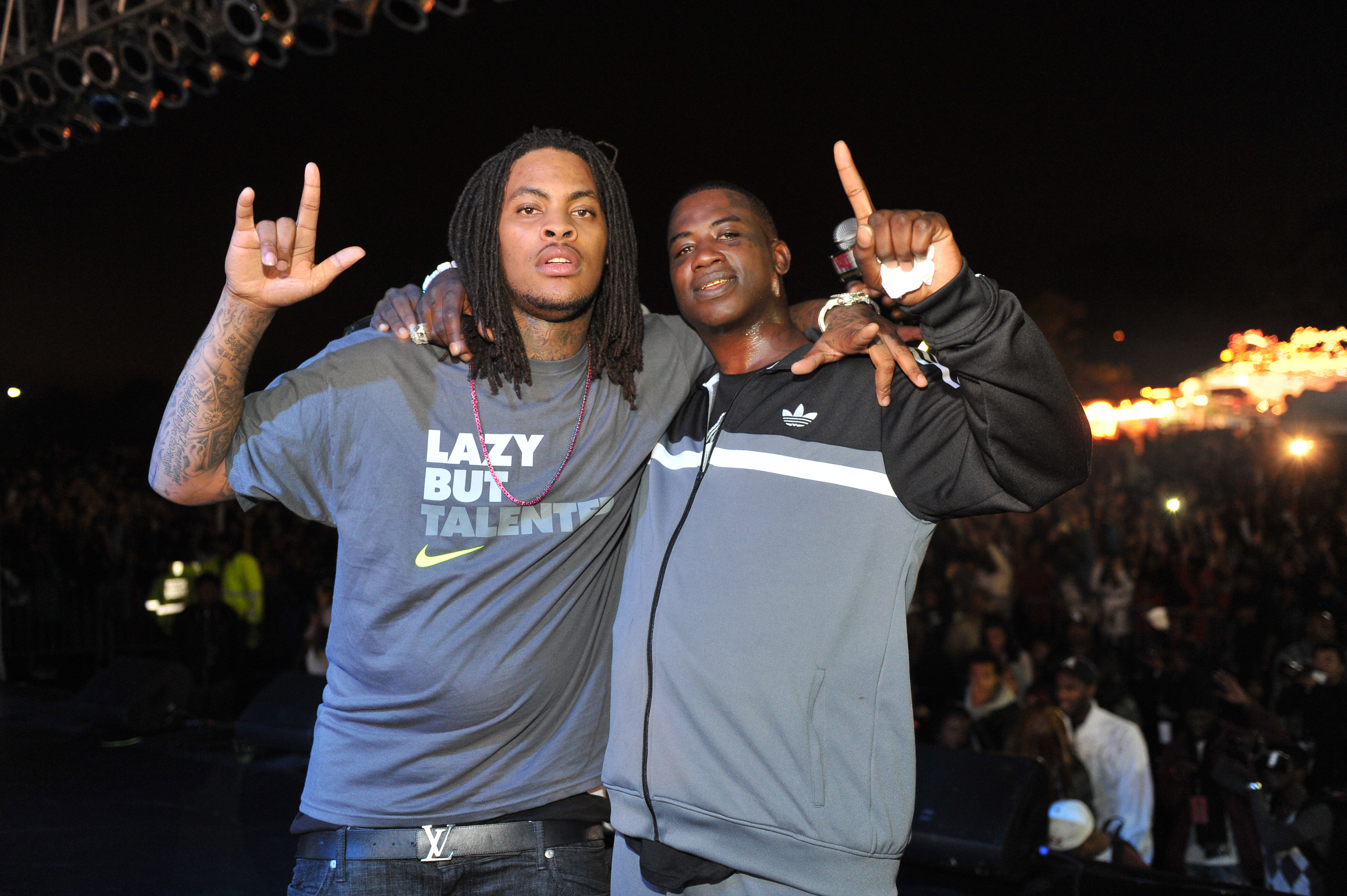
Mobb Deep vs. Tupac Shakur
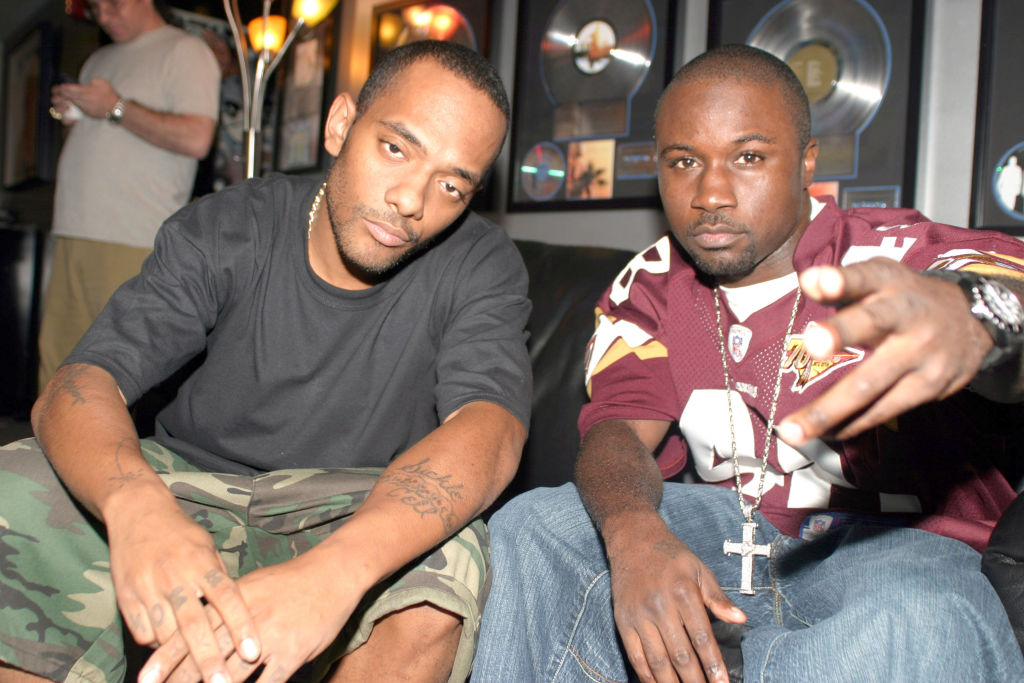
LL Cool J vs. Canibus
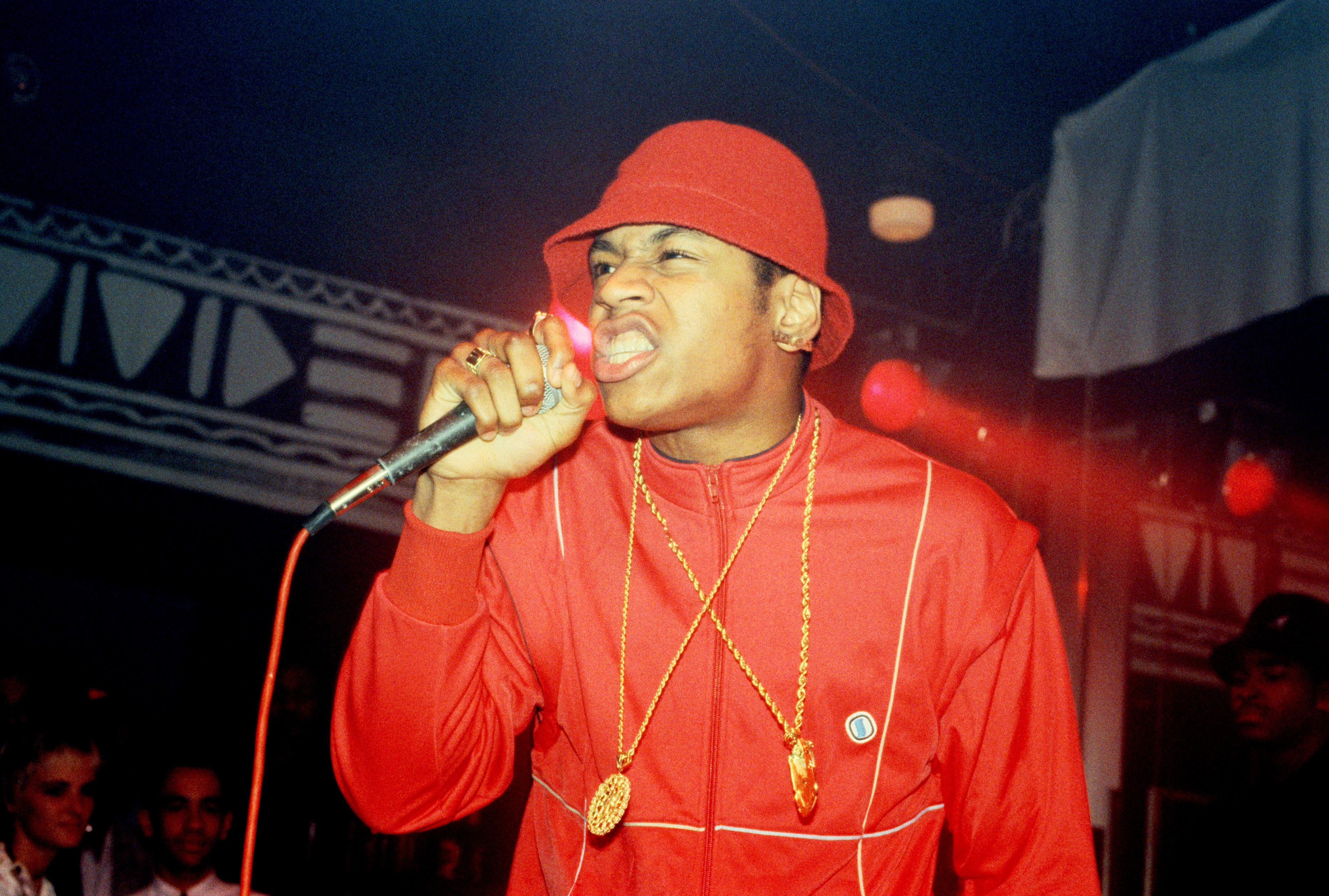
The Migos vs. Joe Budden
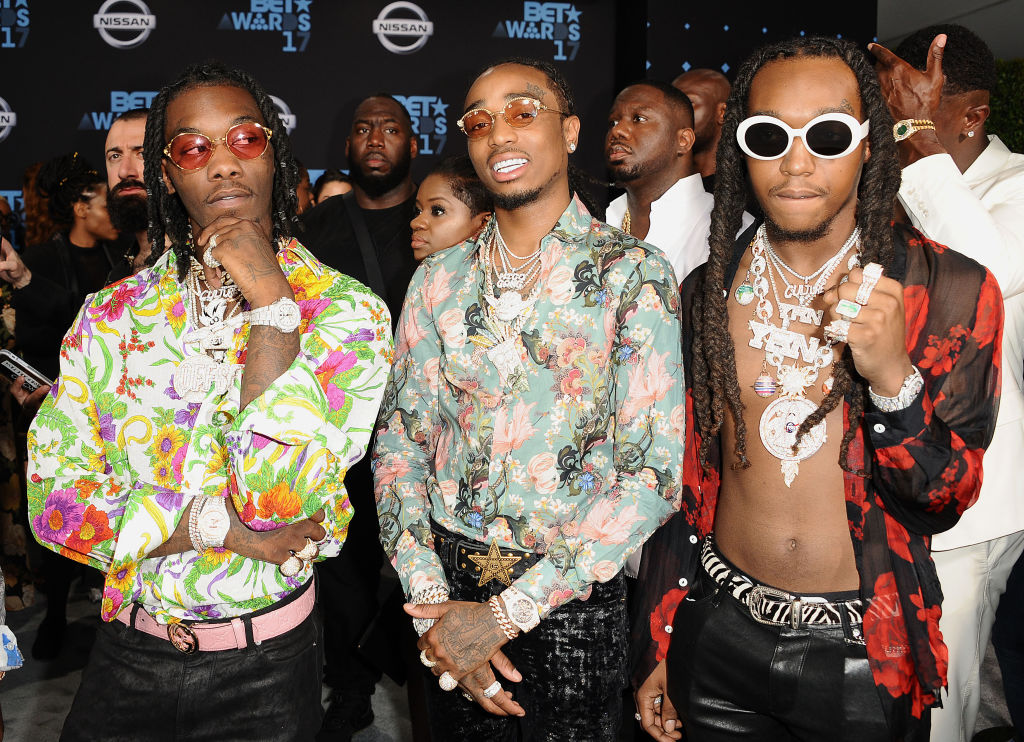
Drake vs. Chris Brown
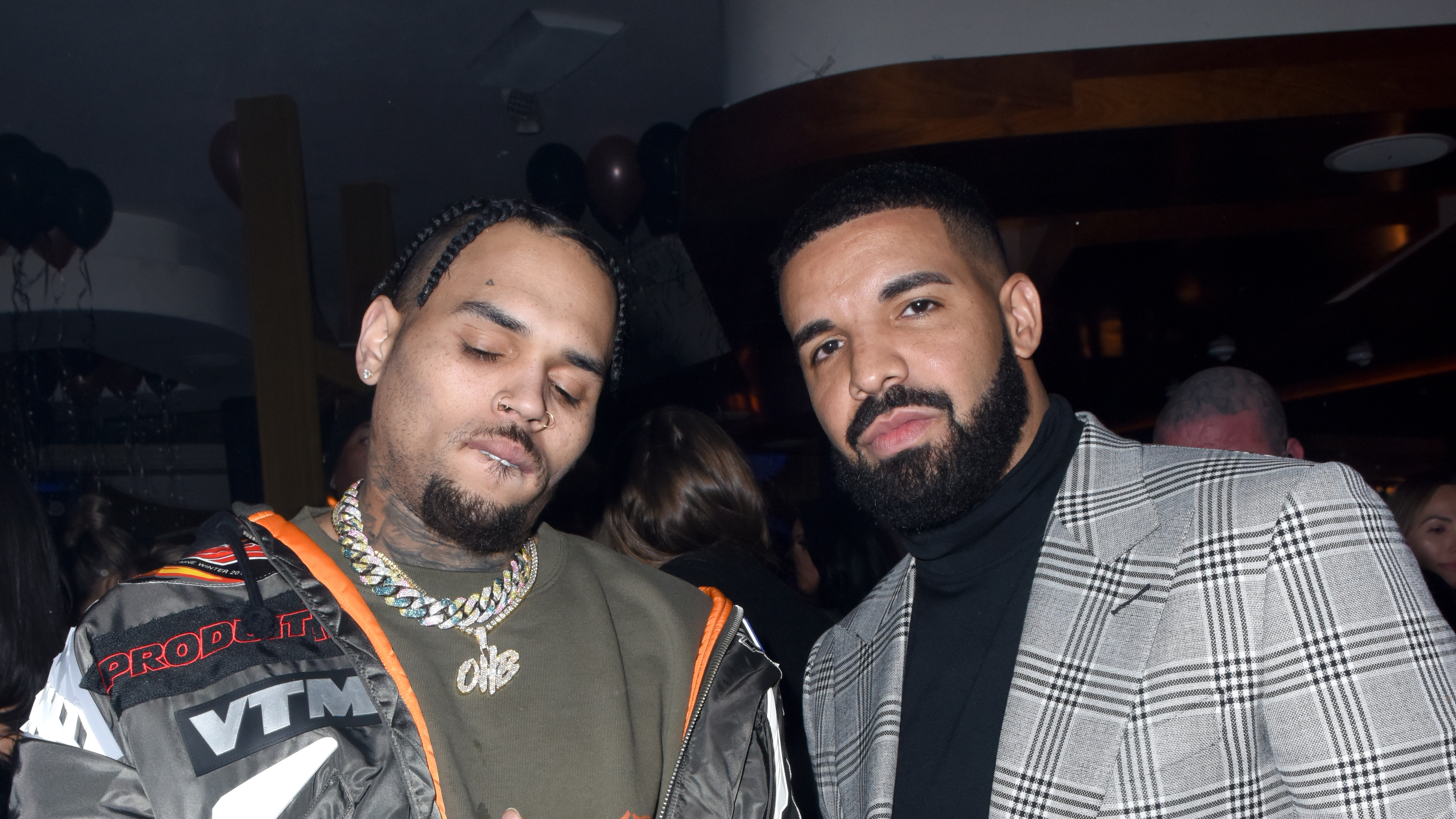
Stormzy vs. Wiley
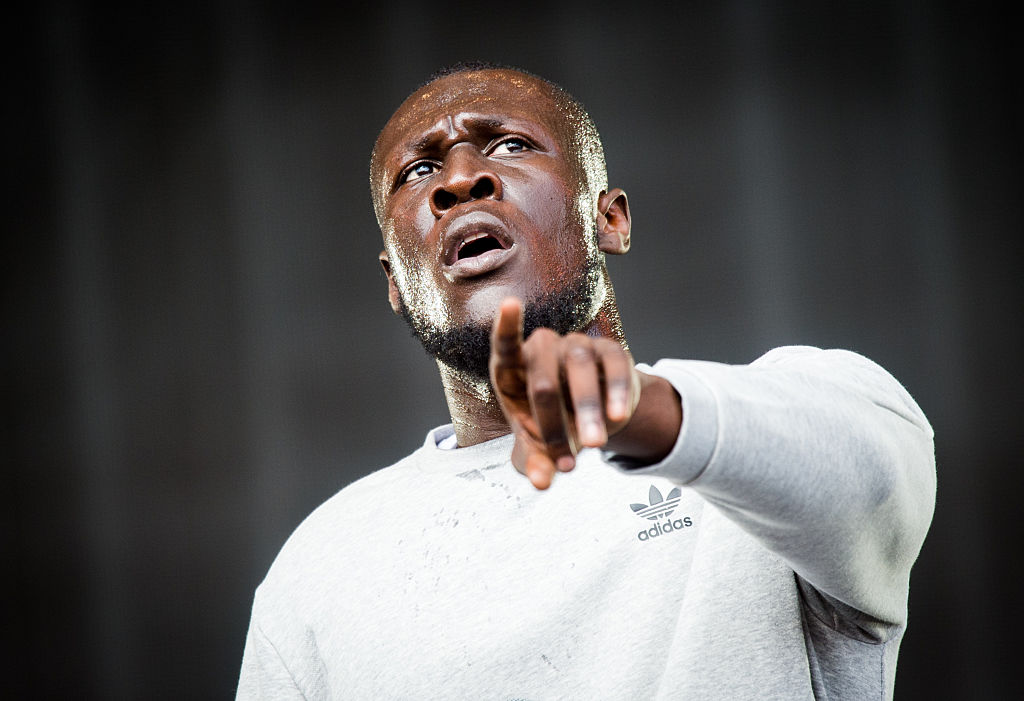
LL Cool J vs. Kool Moe Dee
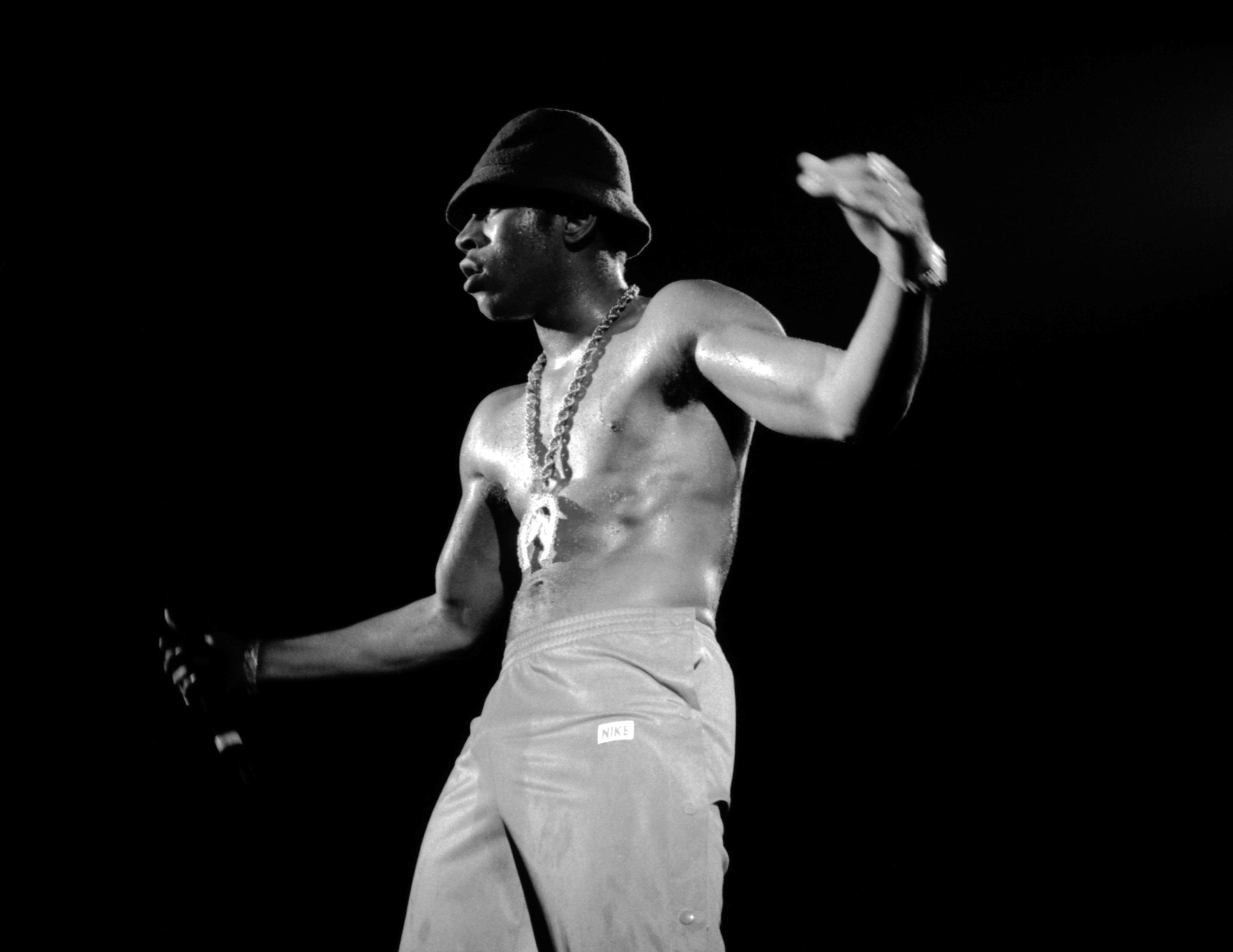
Dr. Dre vs. Luke and others
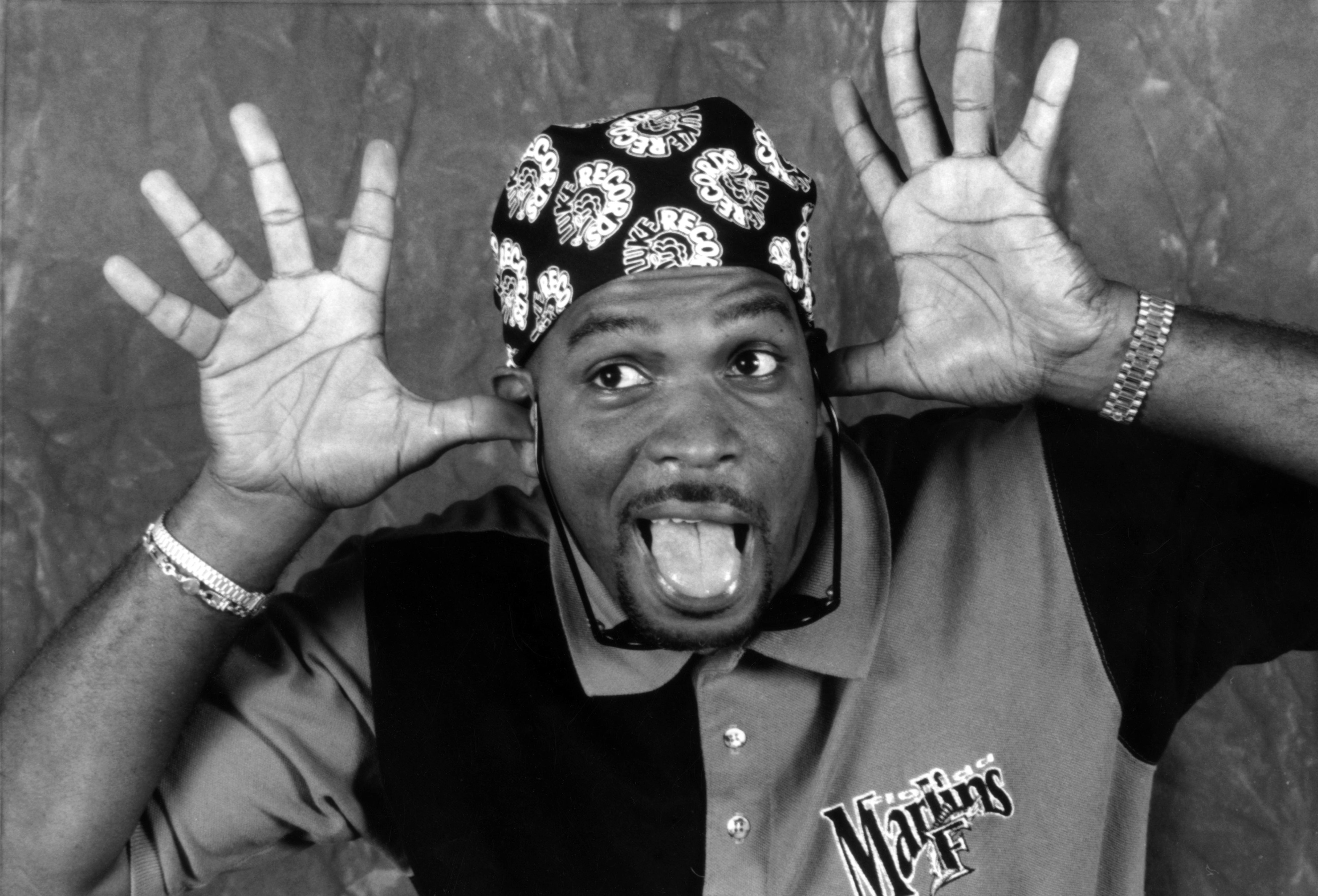
MC Eiht vs. DJ Quik
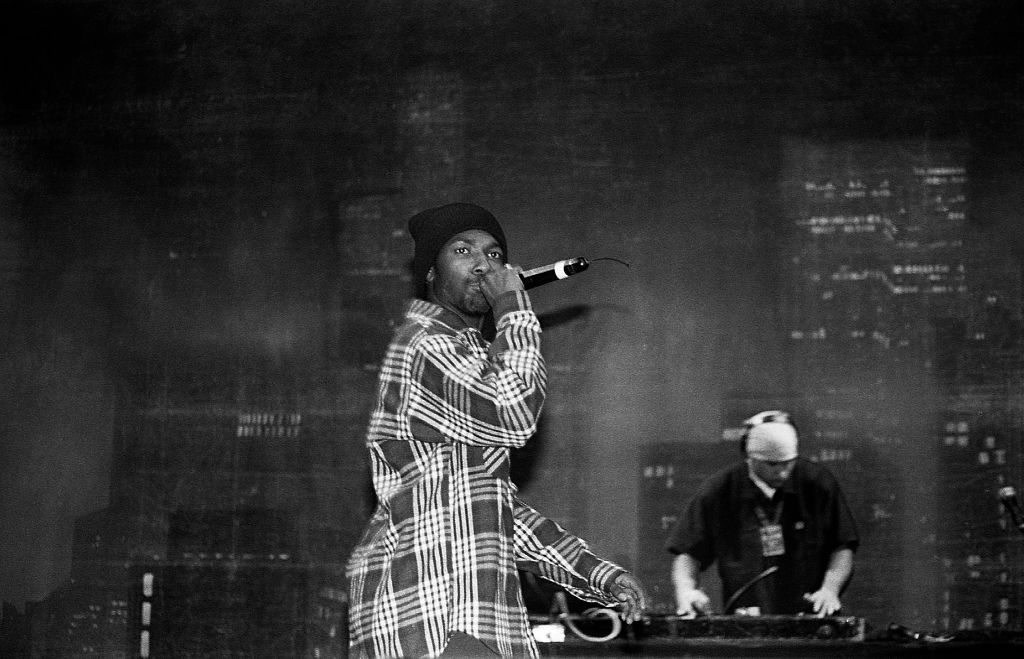
YG vs. DJ Mustard
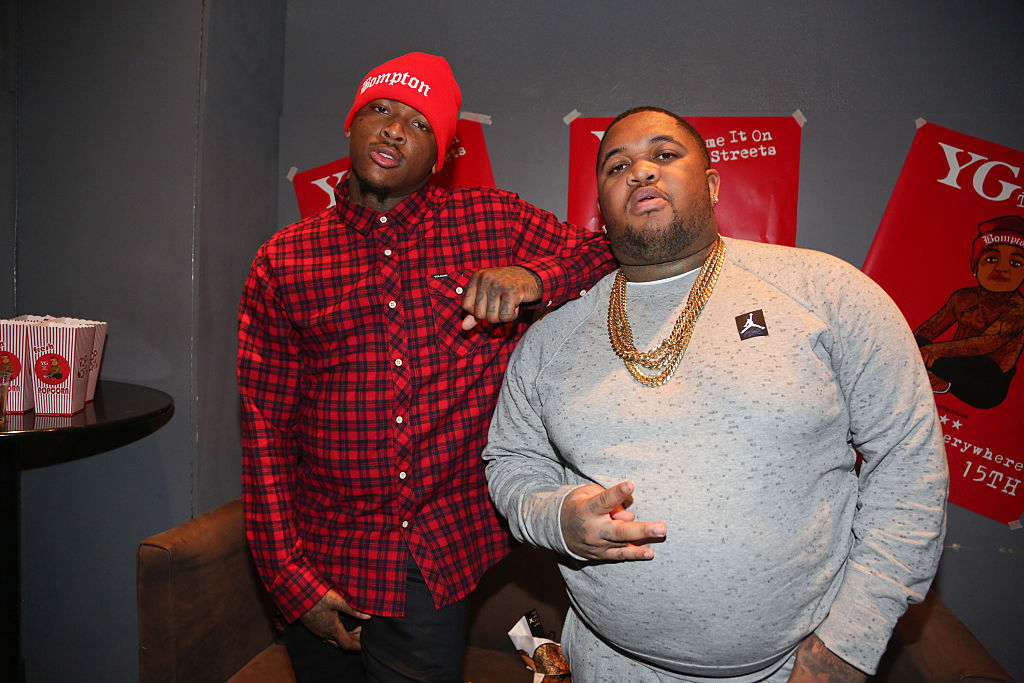
ASAP Rocky vs. SpaceGhostPurrp
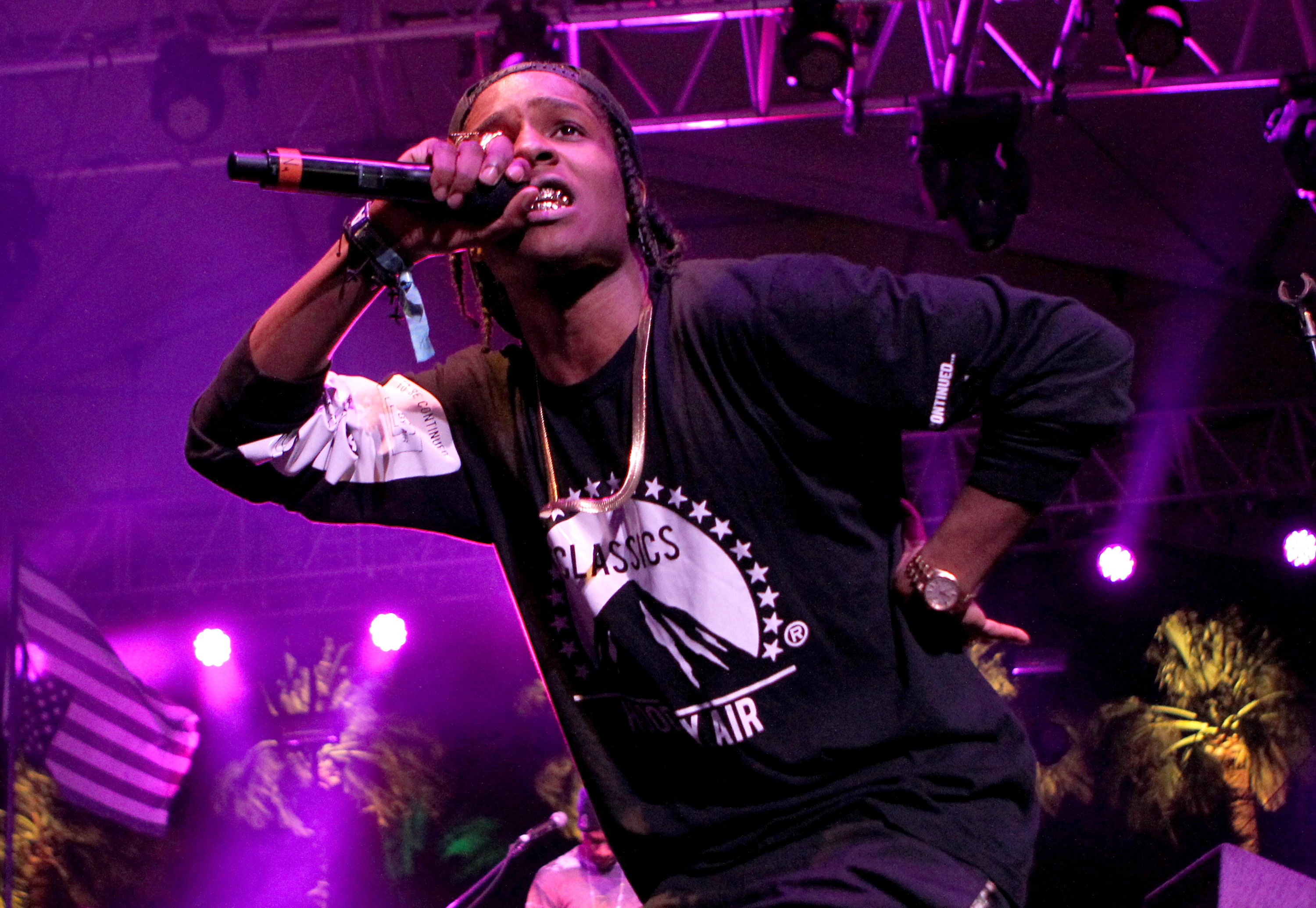
French Montana vs. Young Thug
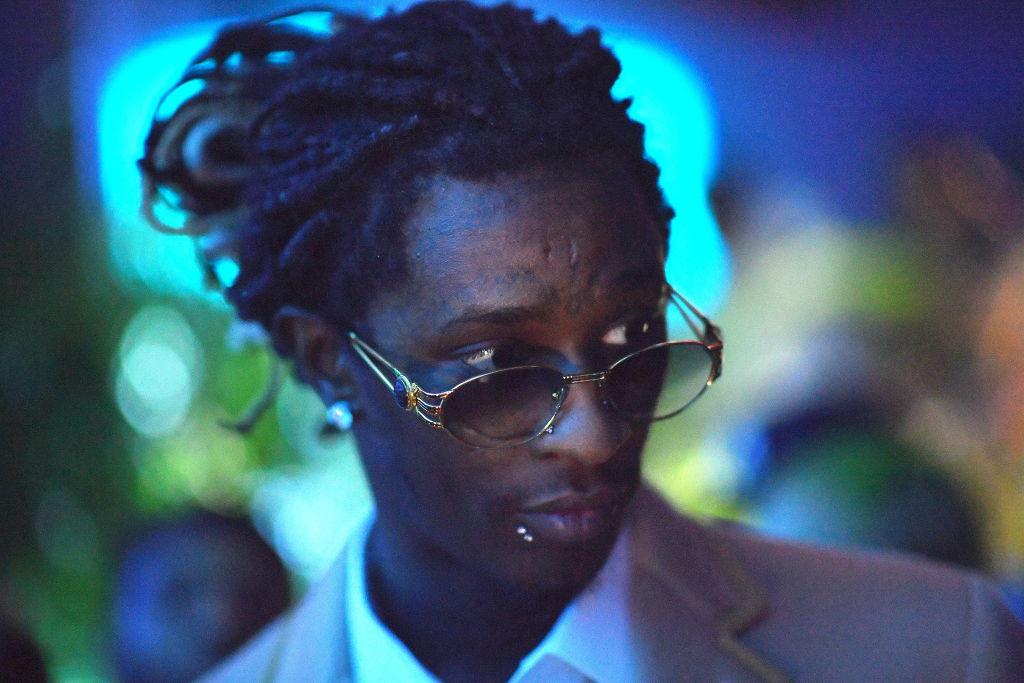
Jadakiss vs. Beanie Sigel
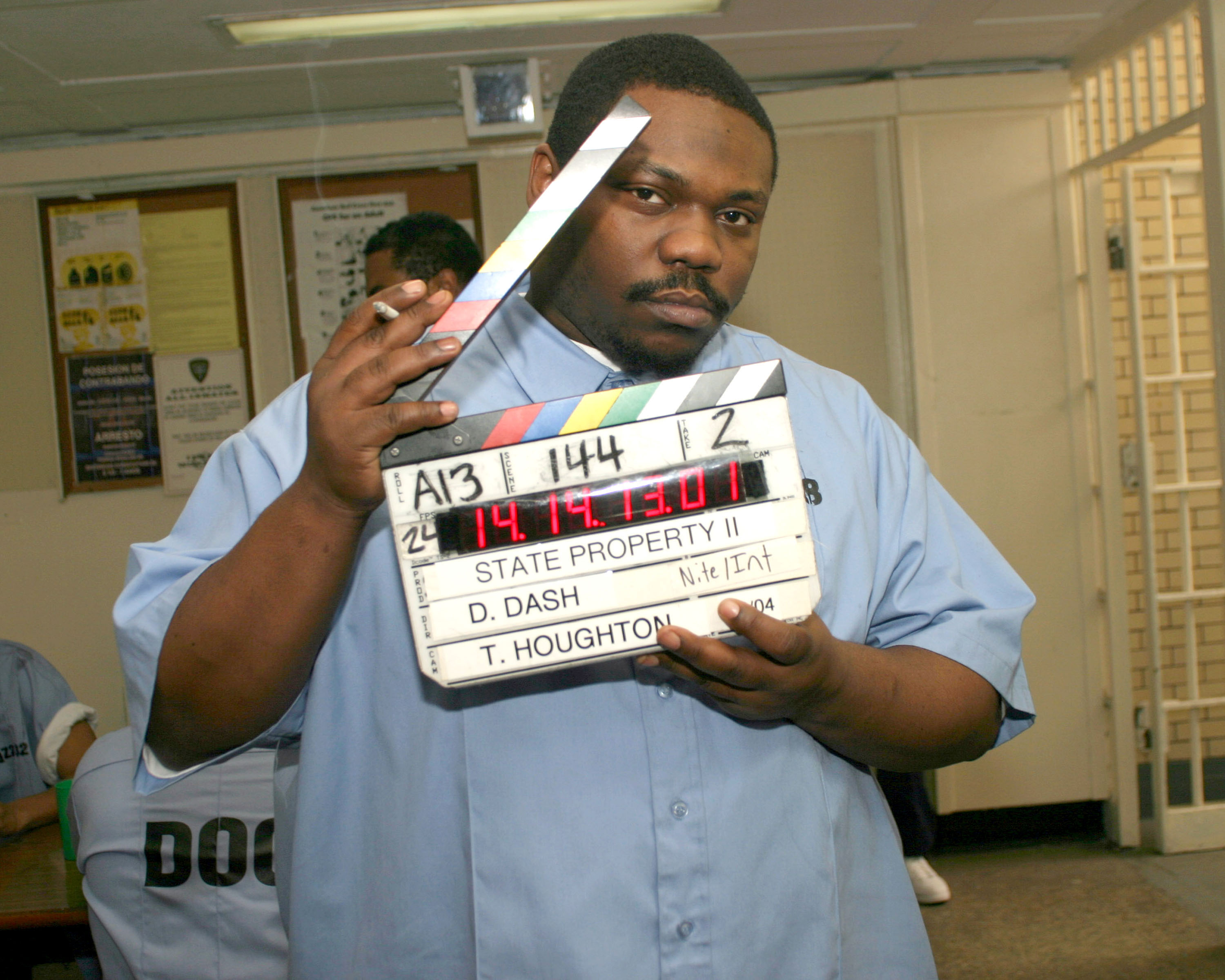
50 Cent vs. Young Buck
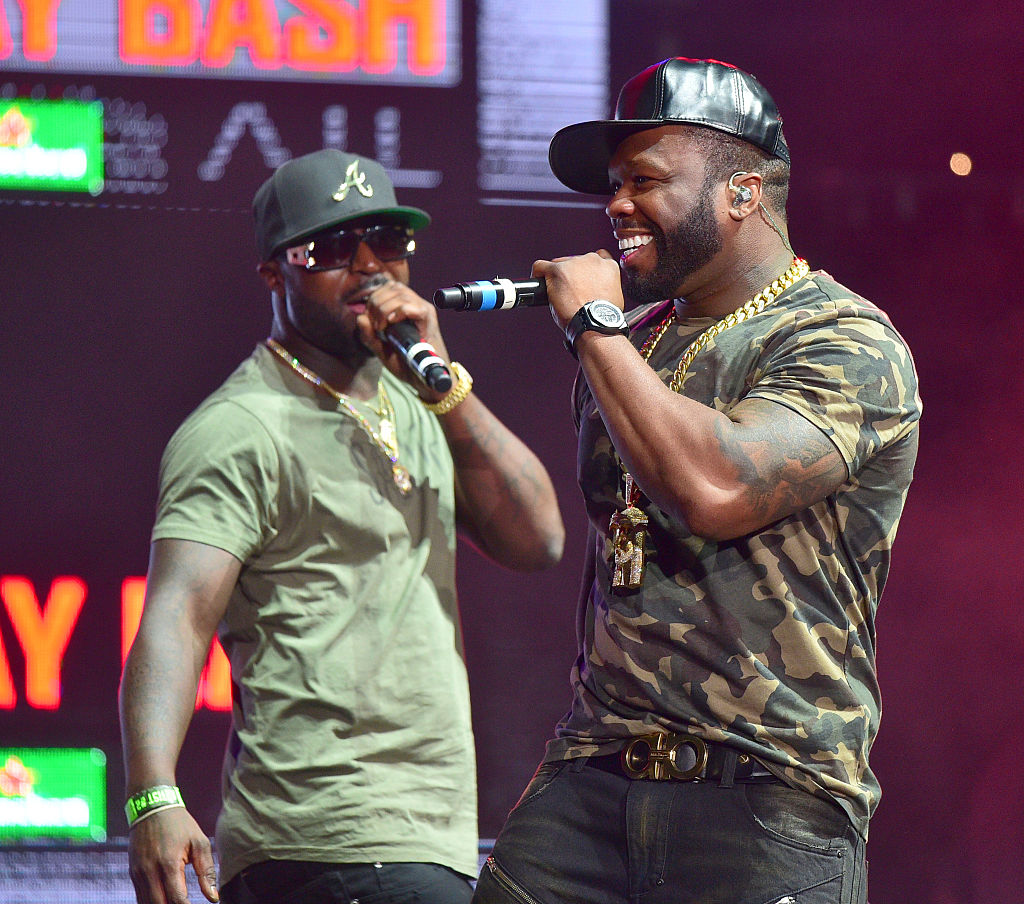
Eminem vs. Machine Gun Kelly
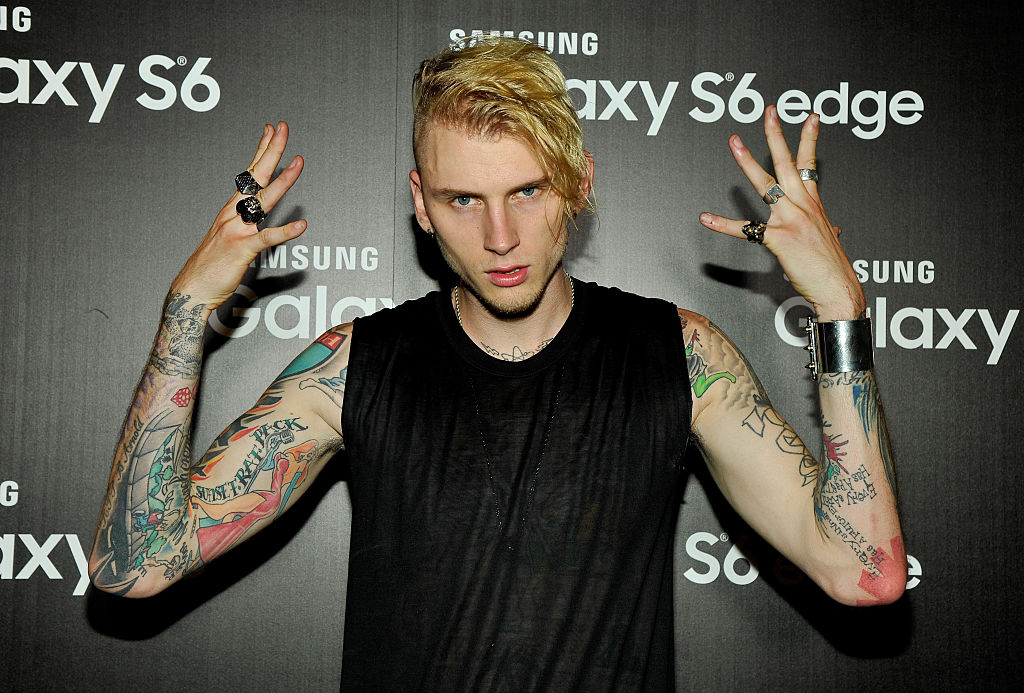
Royce da 5'9" vs. D12
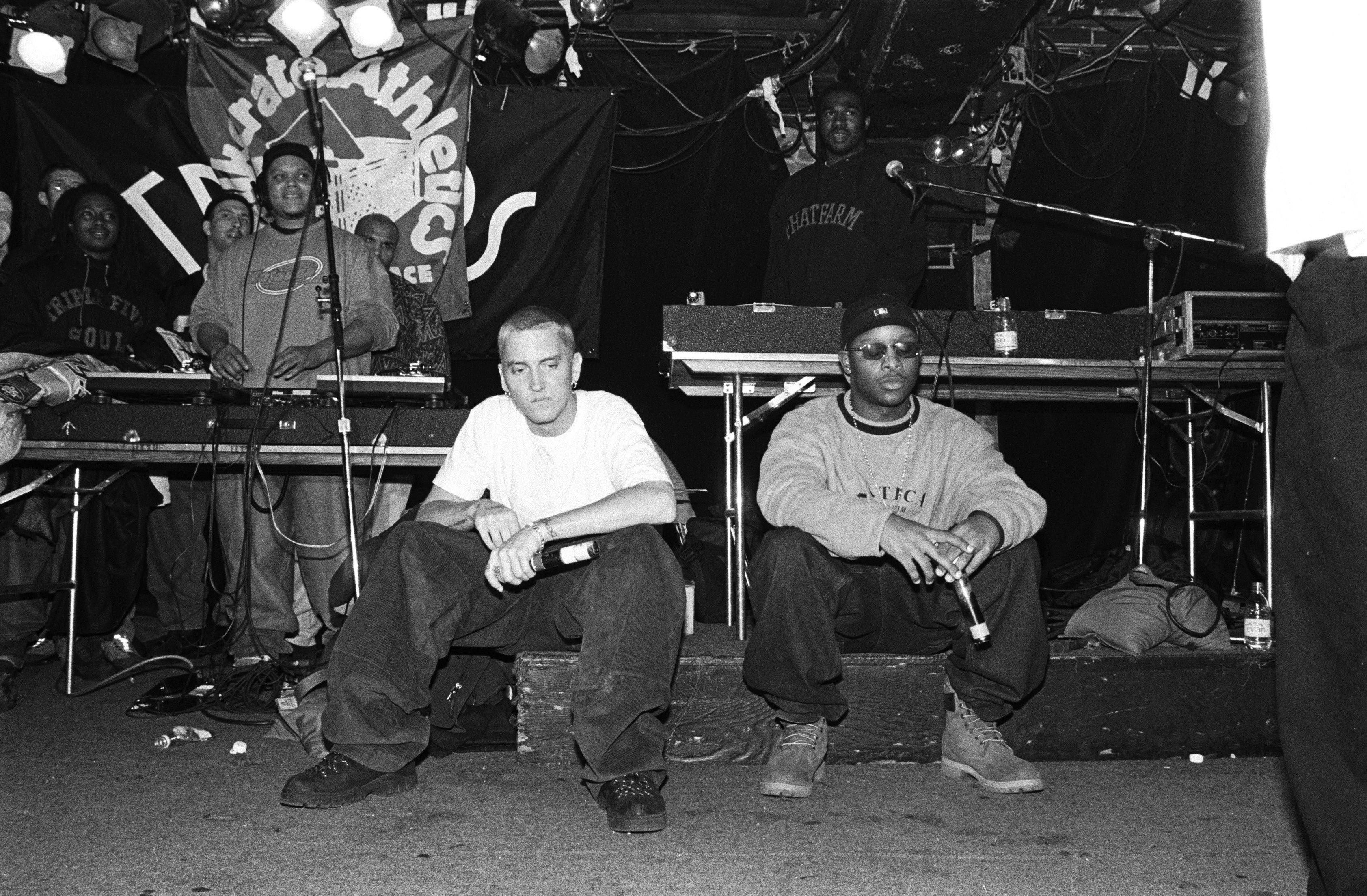
T.I. vs. Lil' Flip
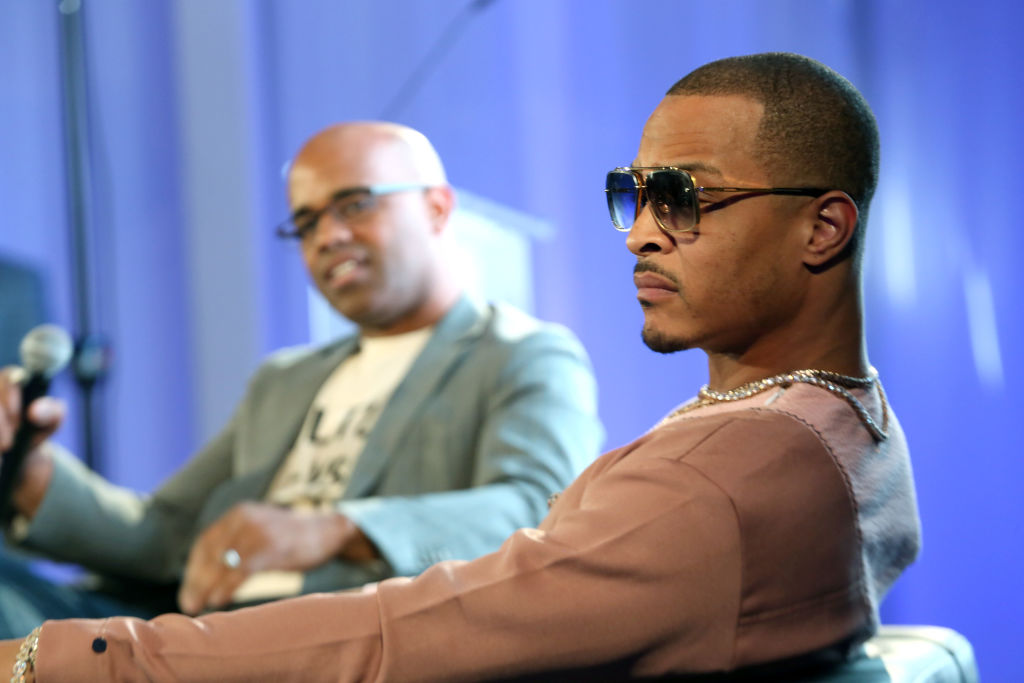
Beastie Boys vs. Russell Simmons
